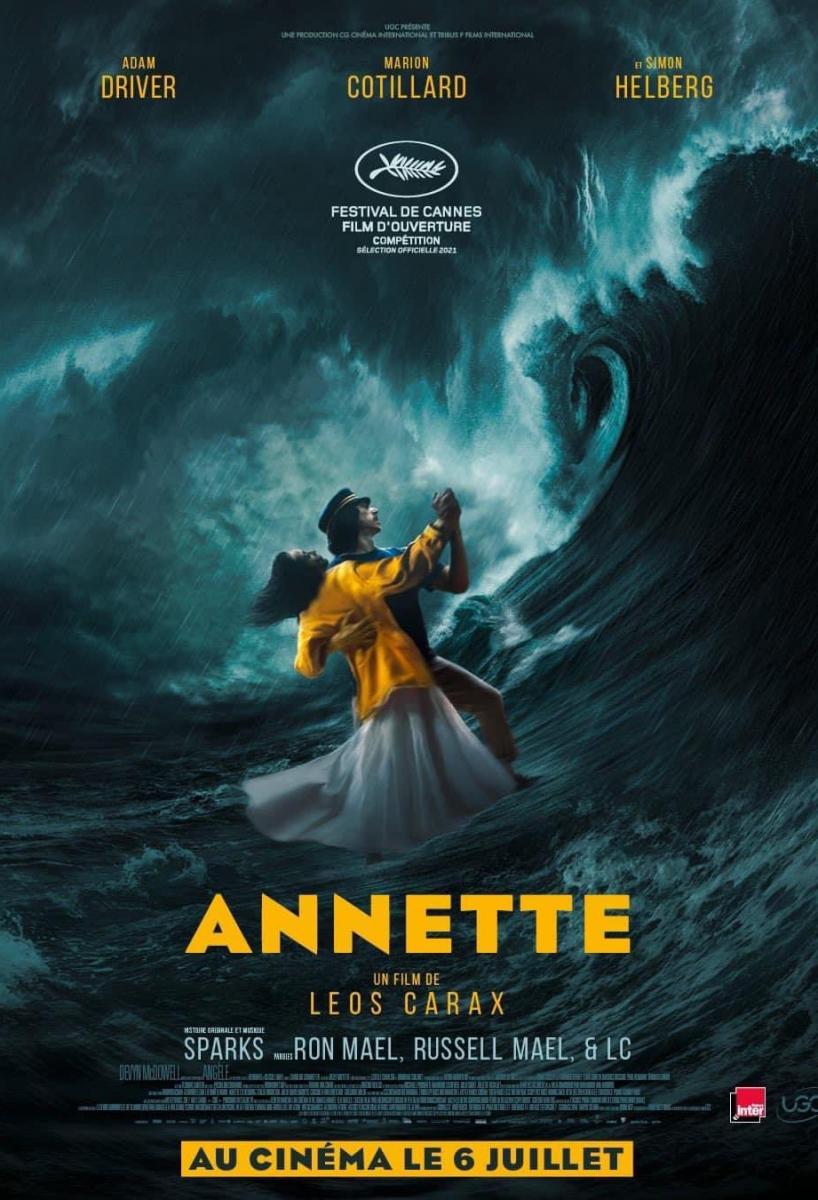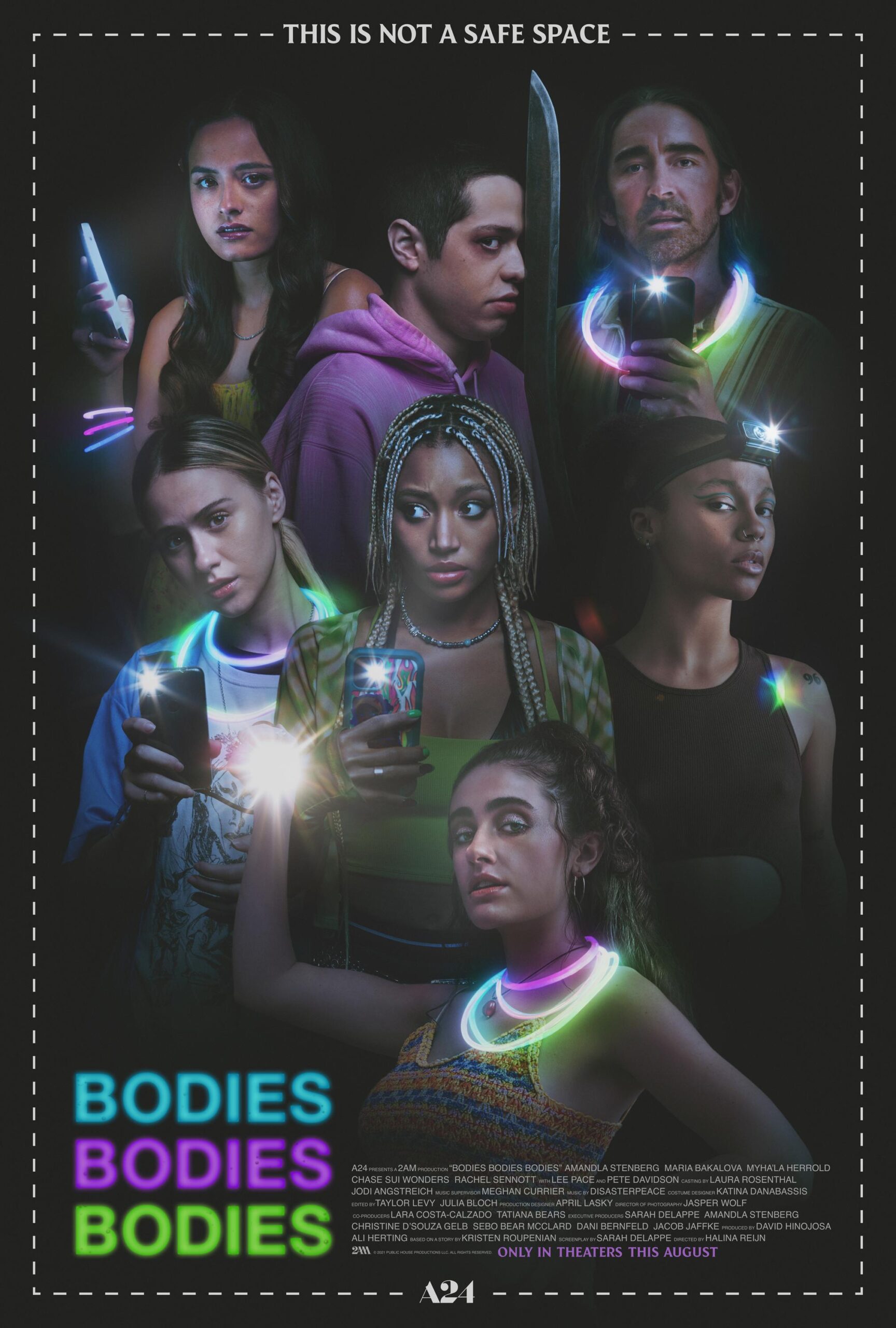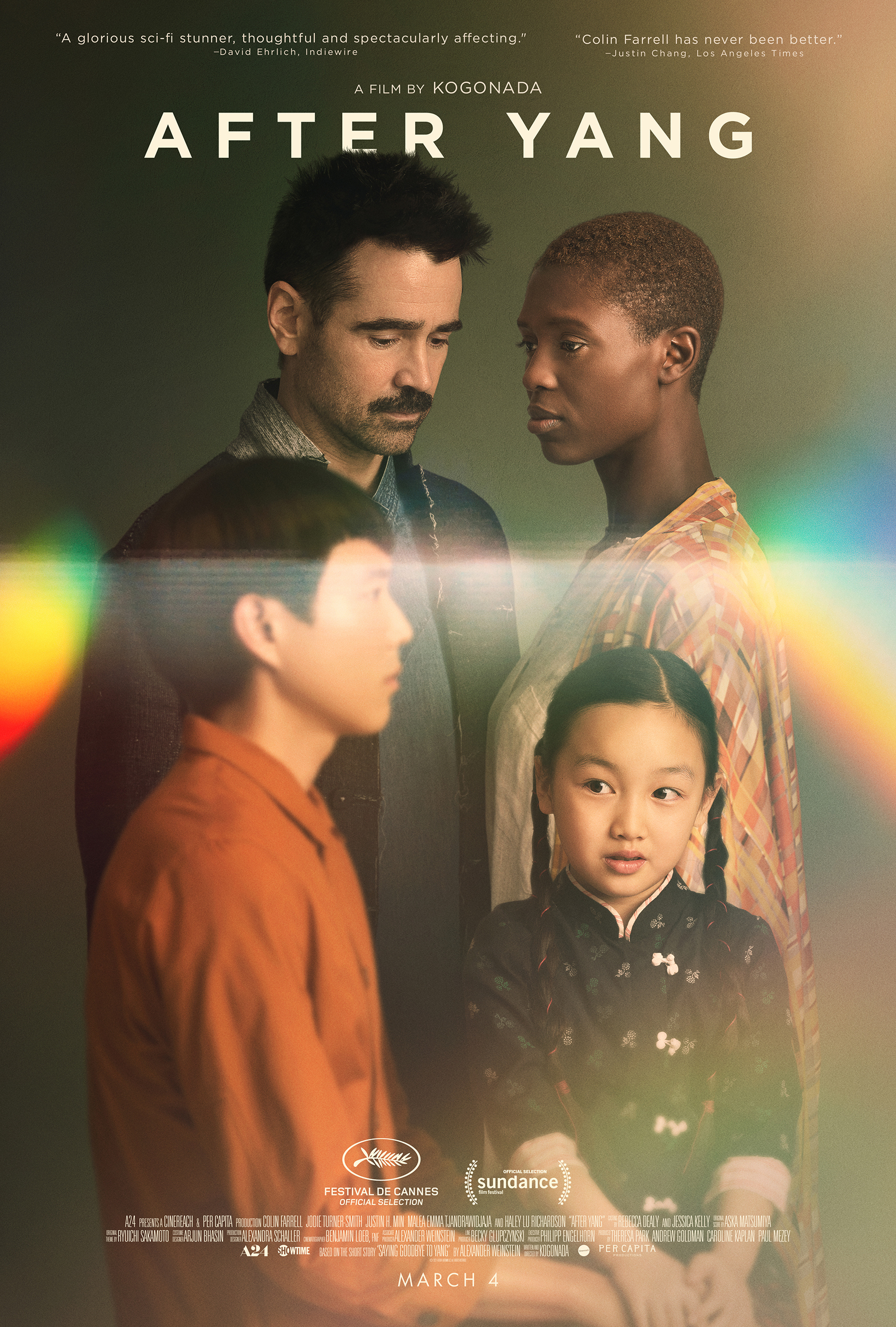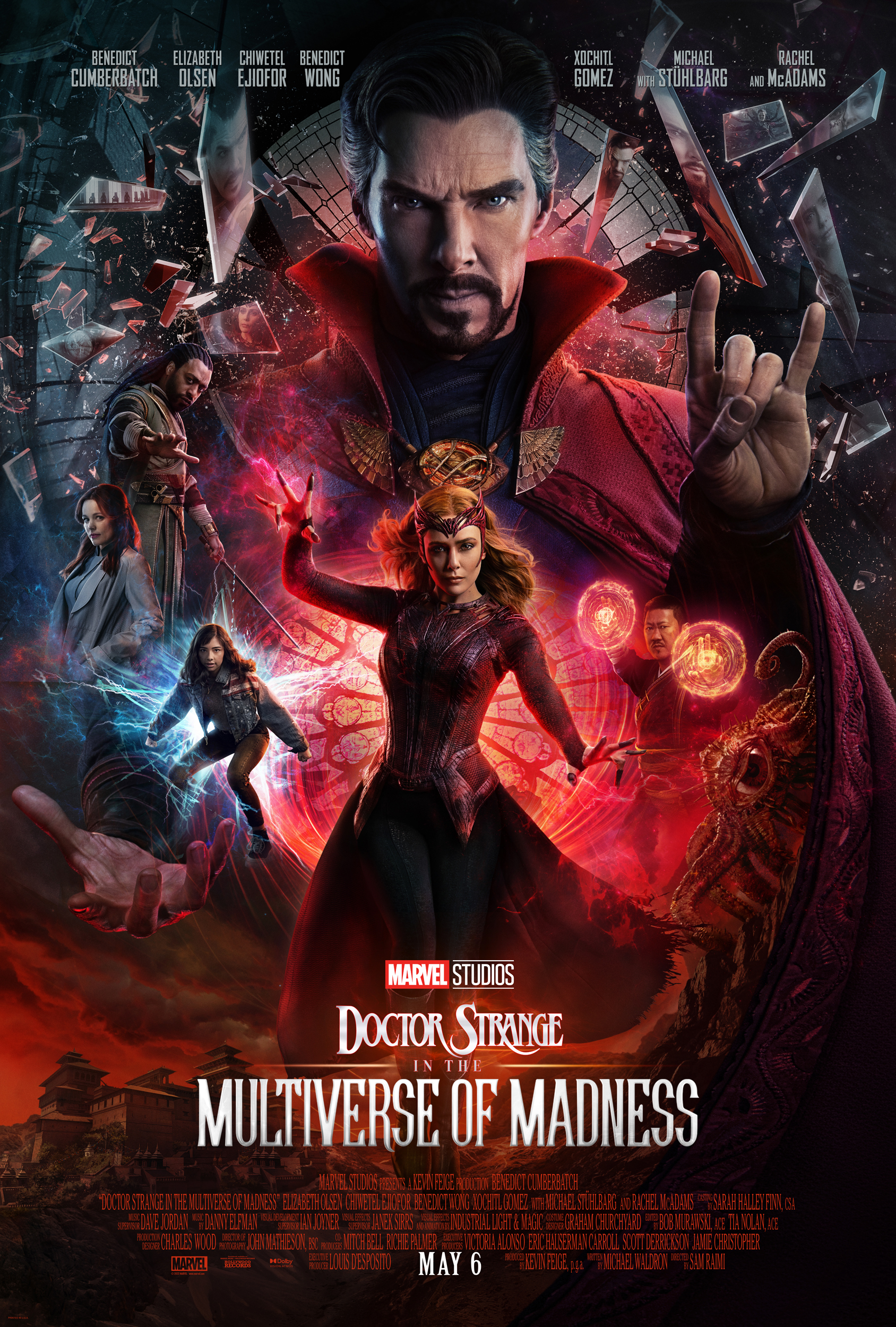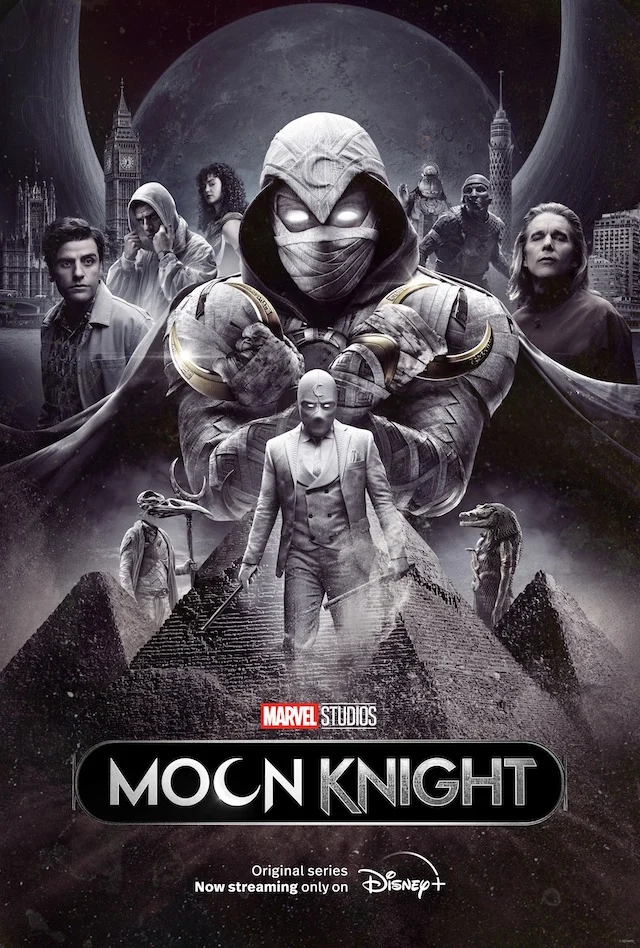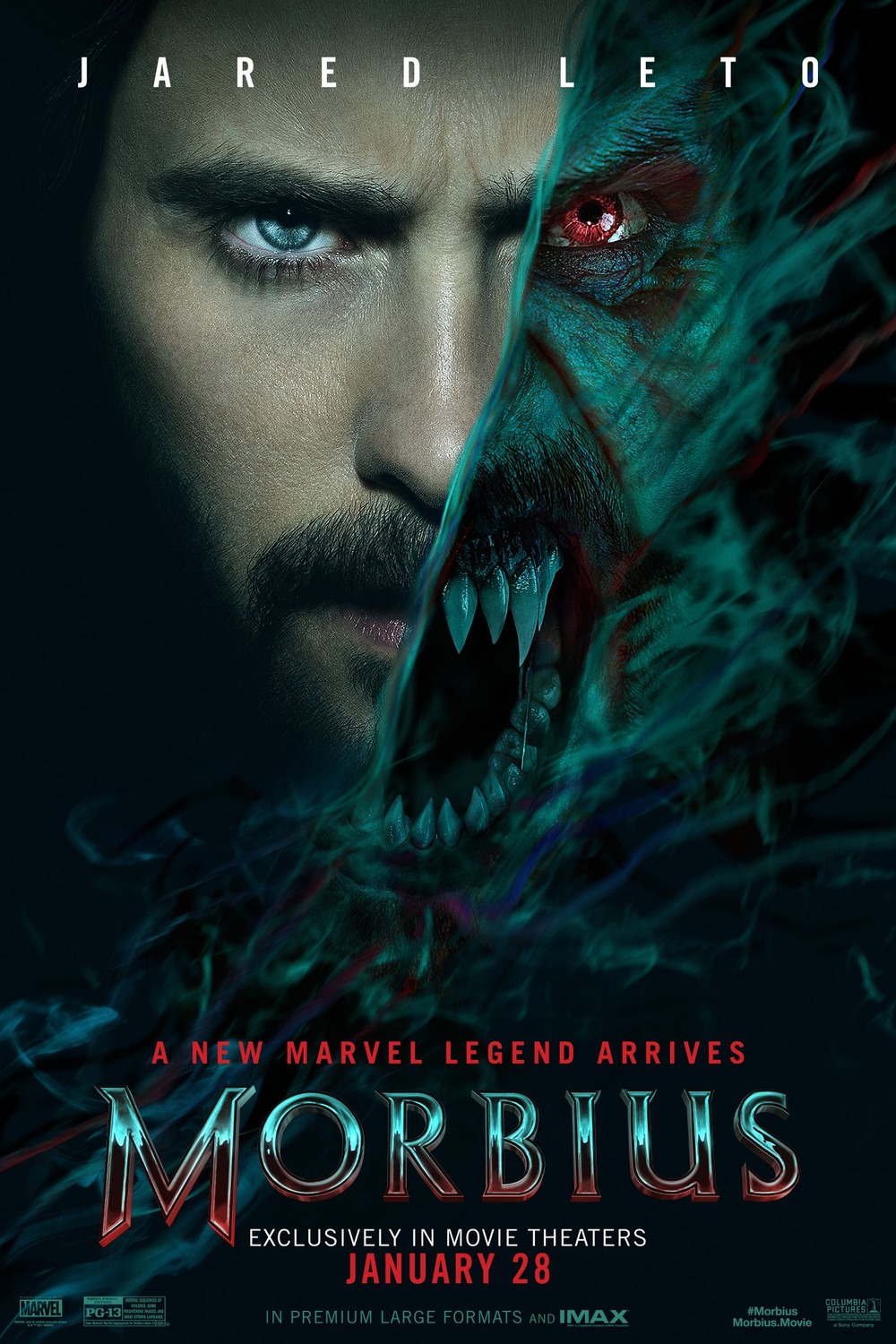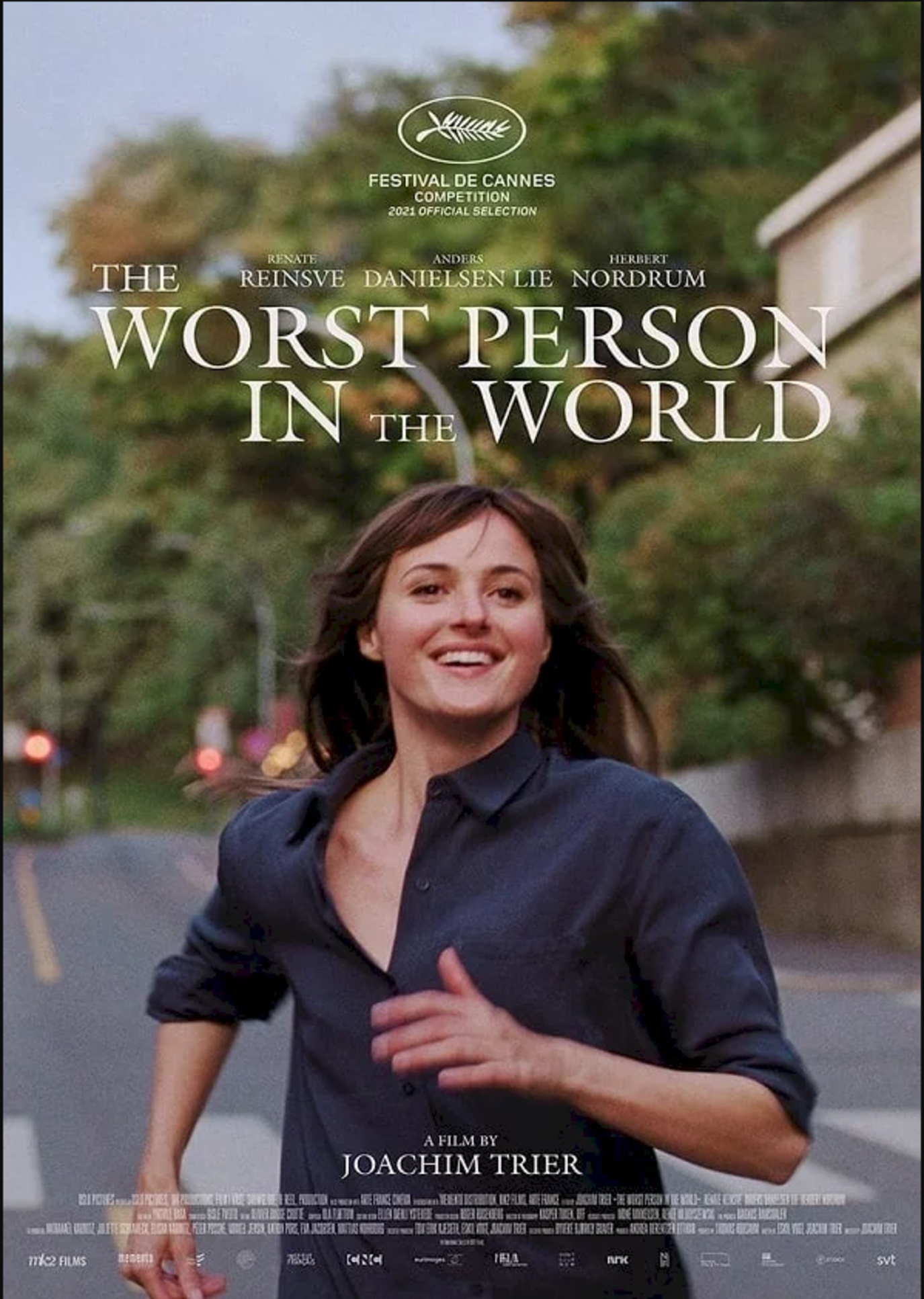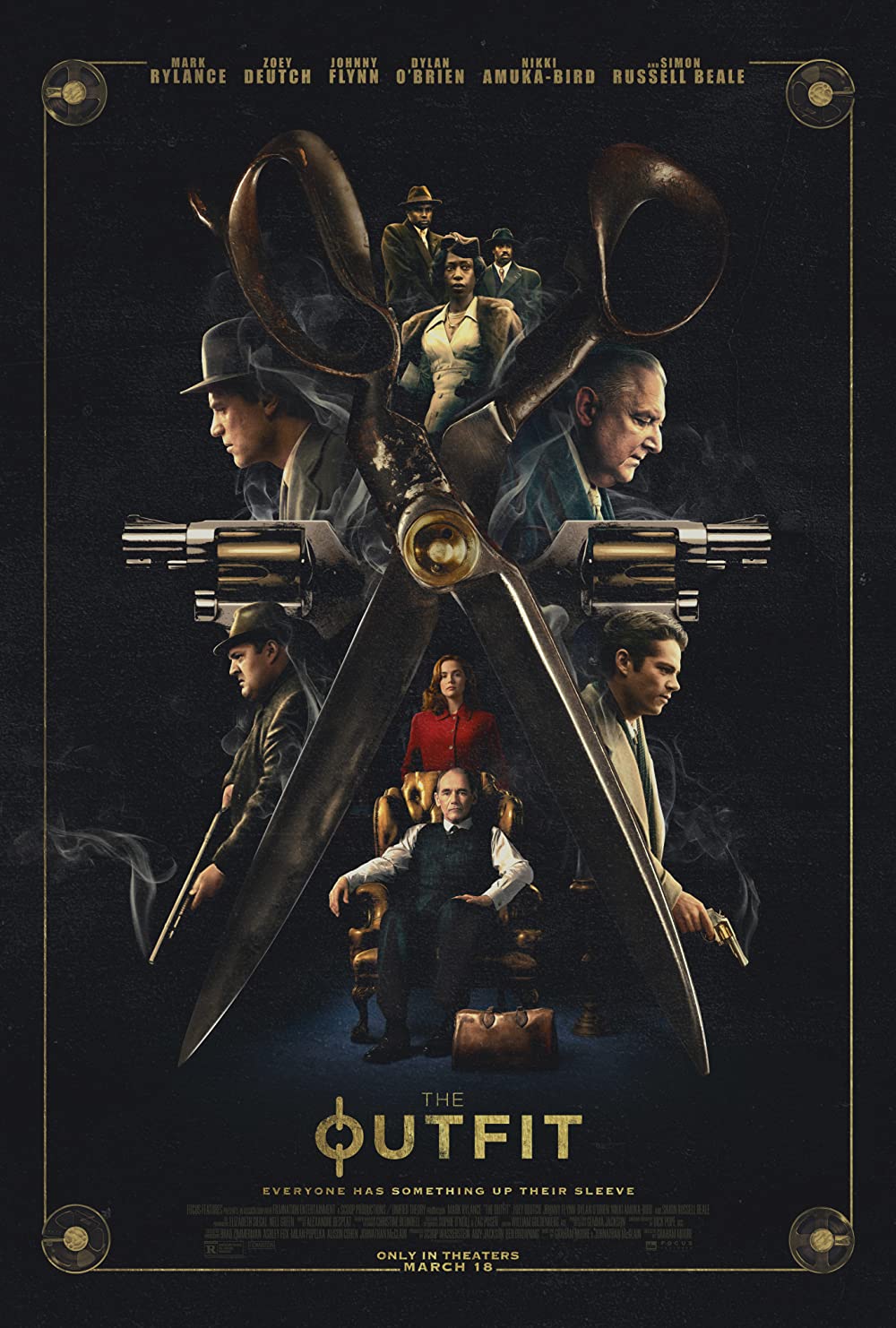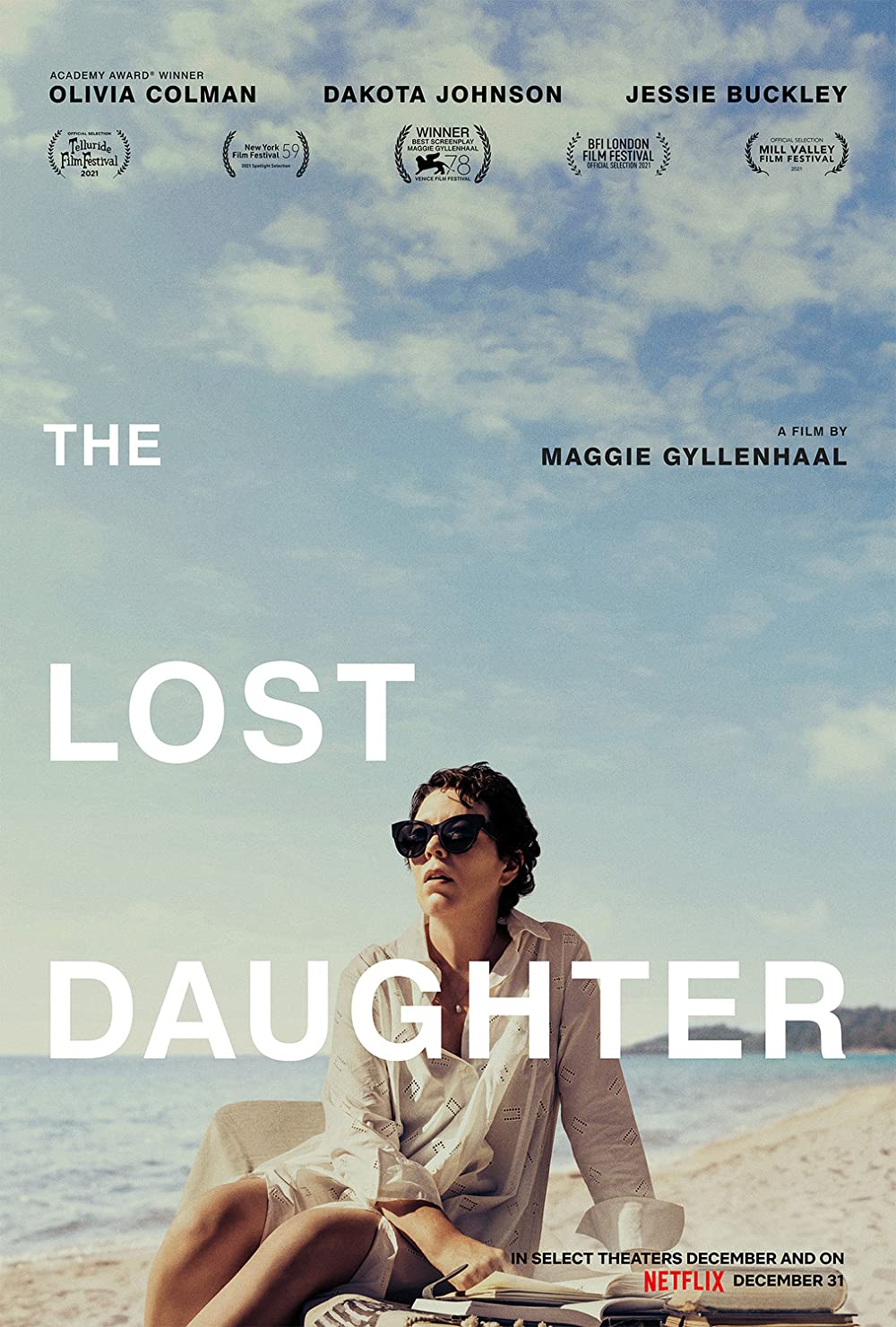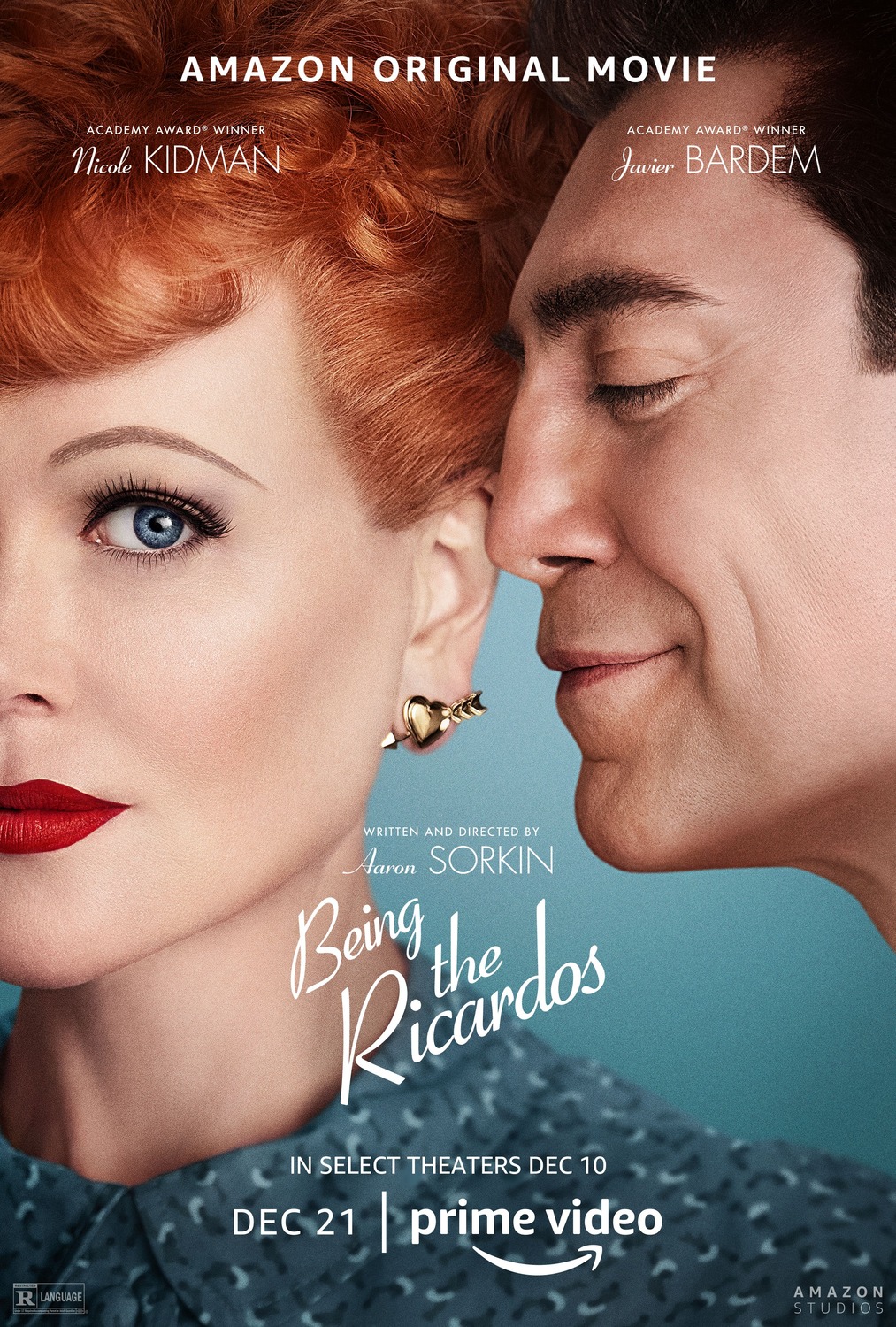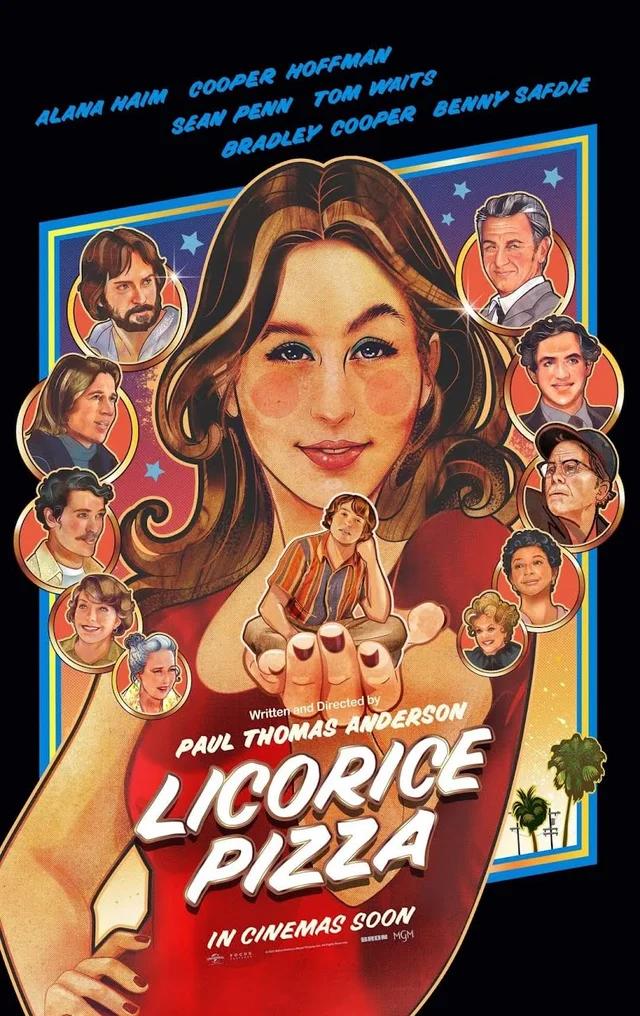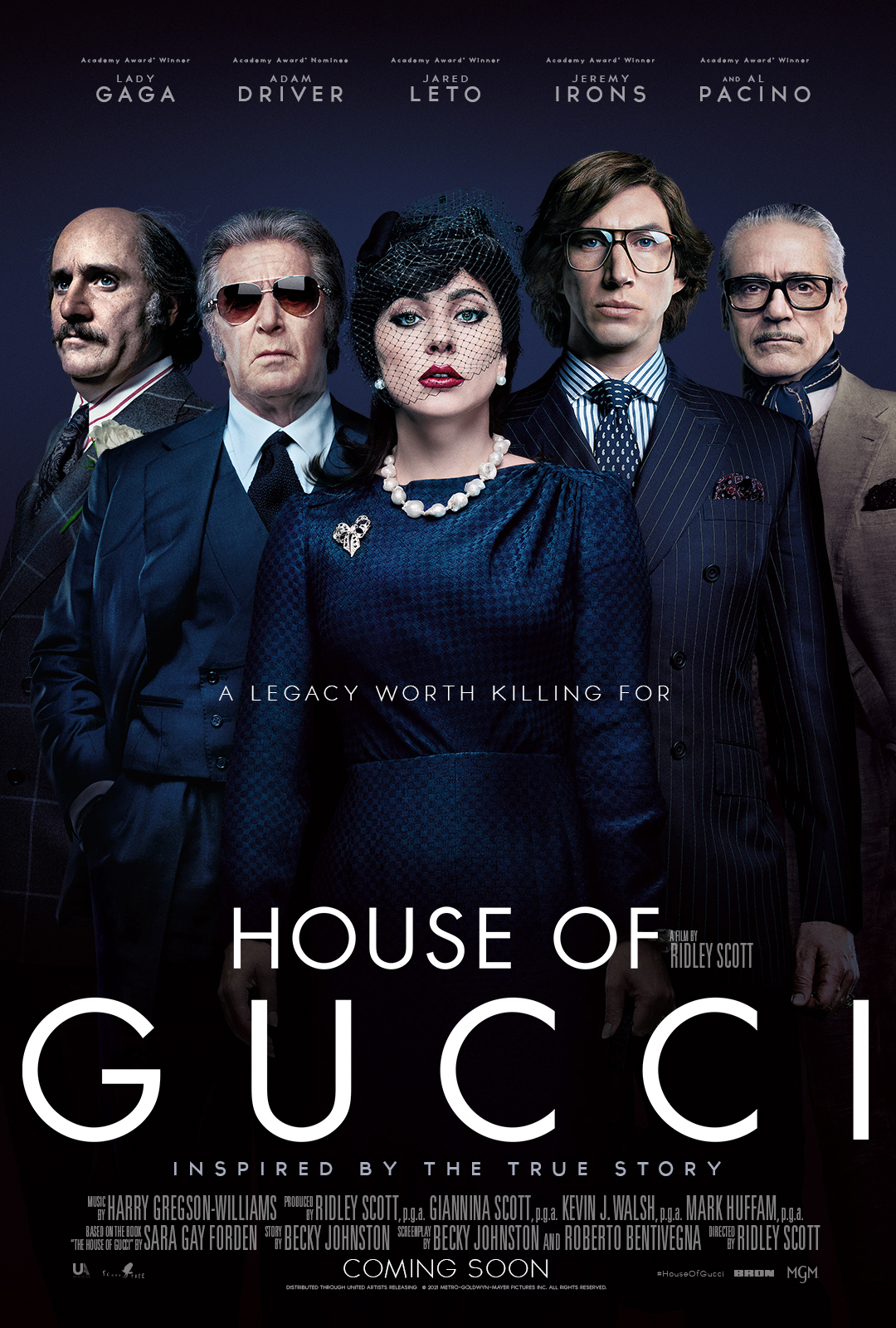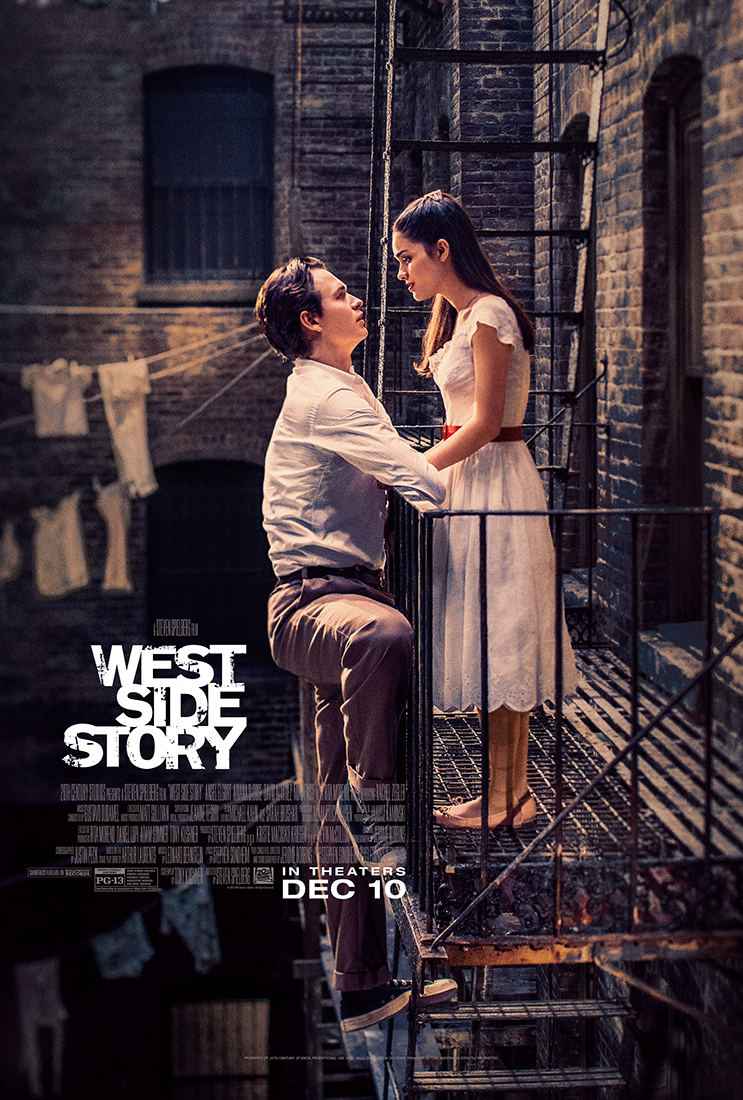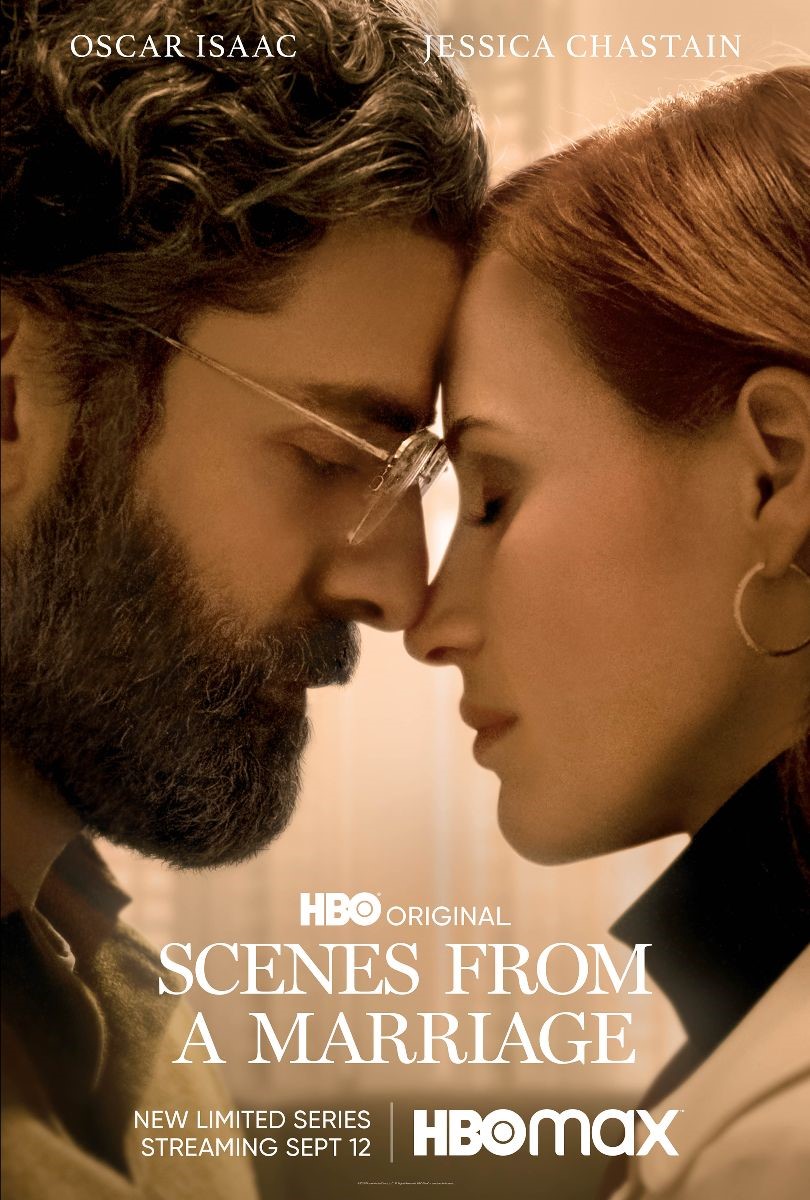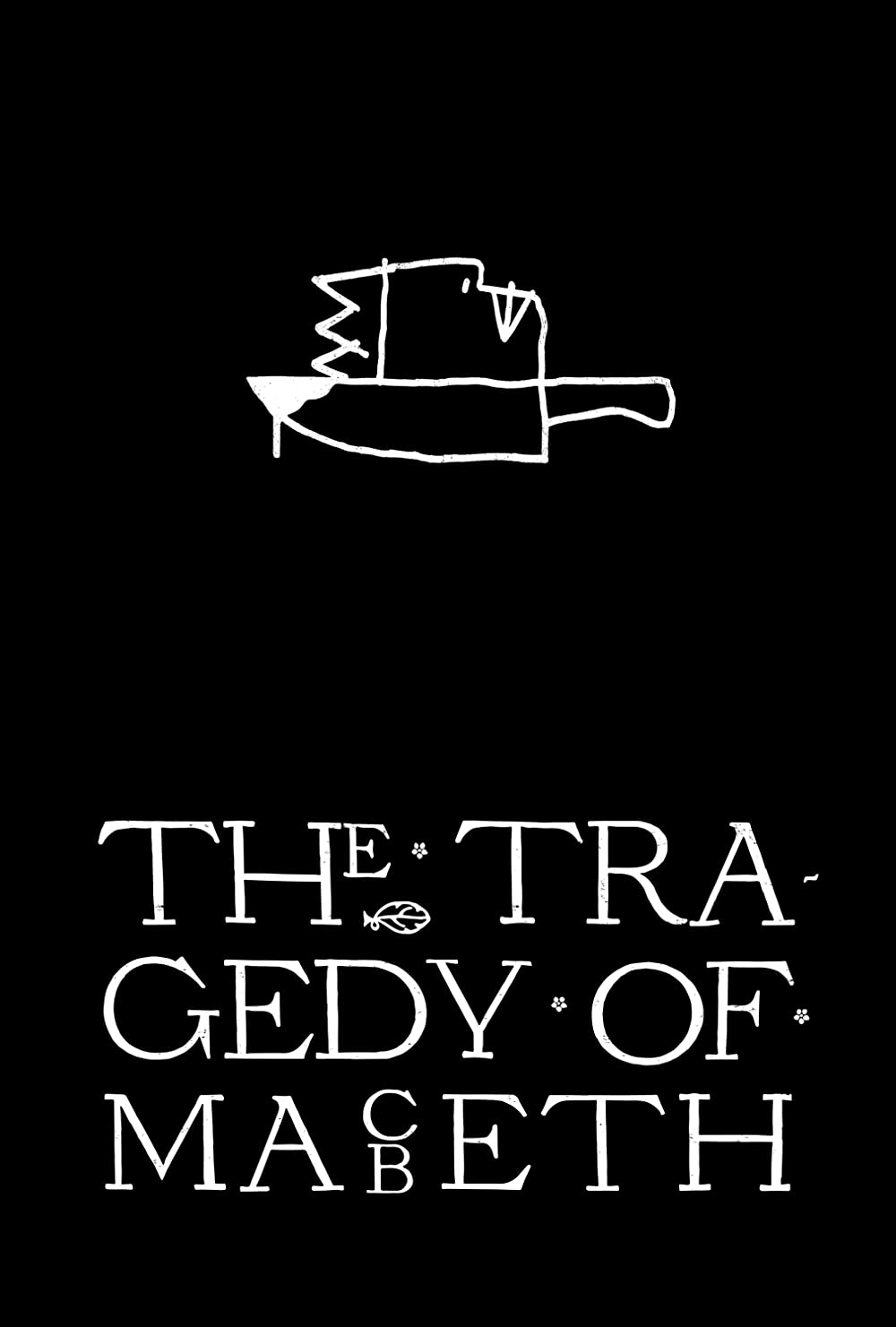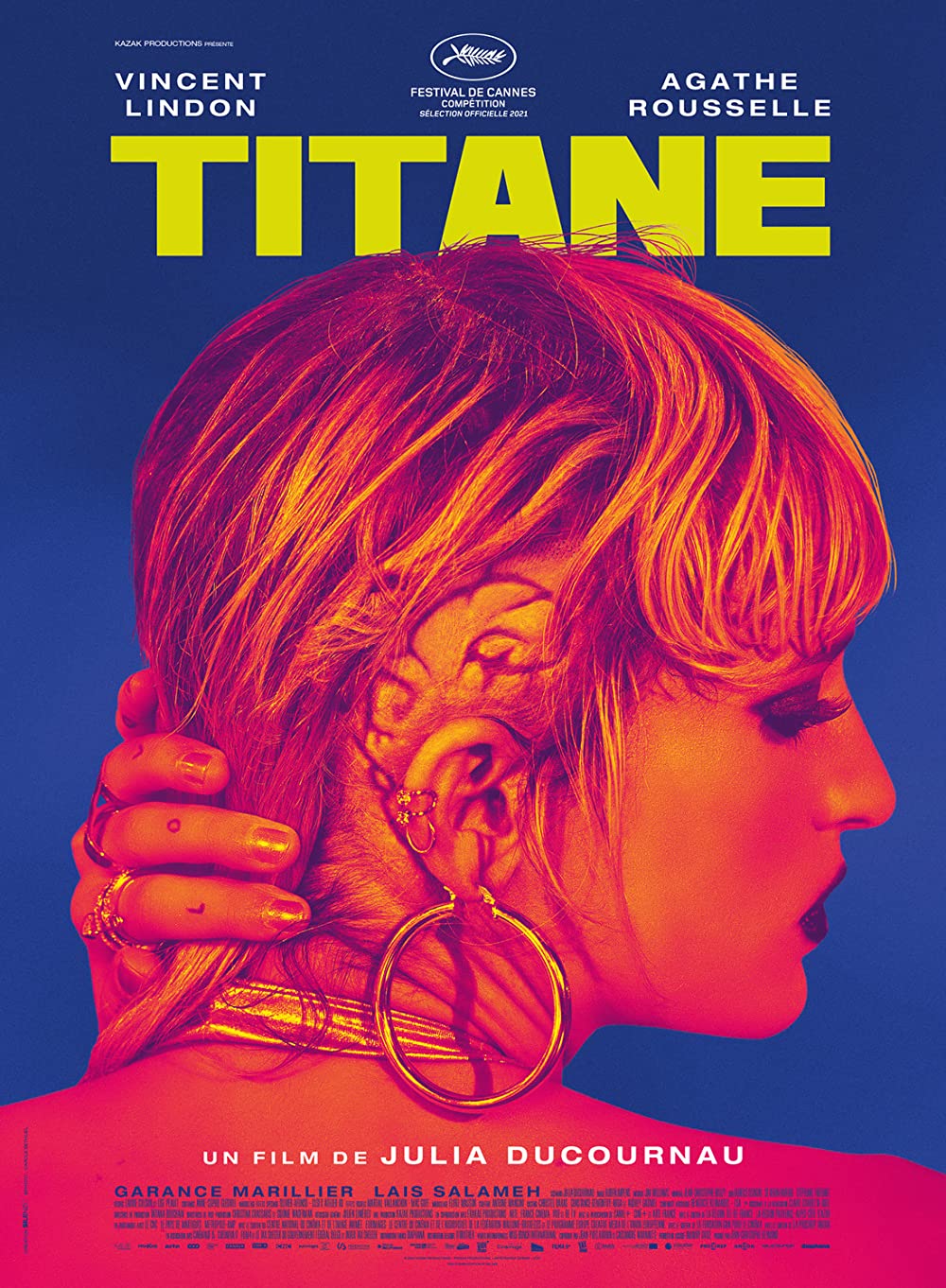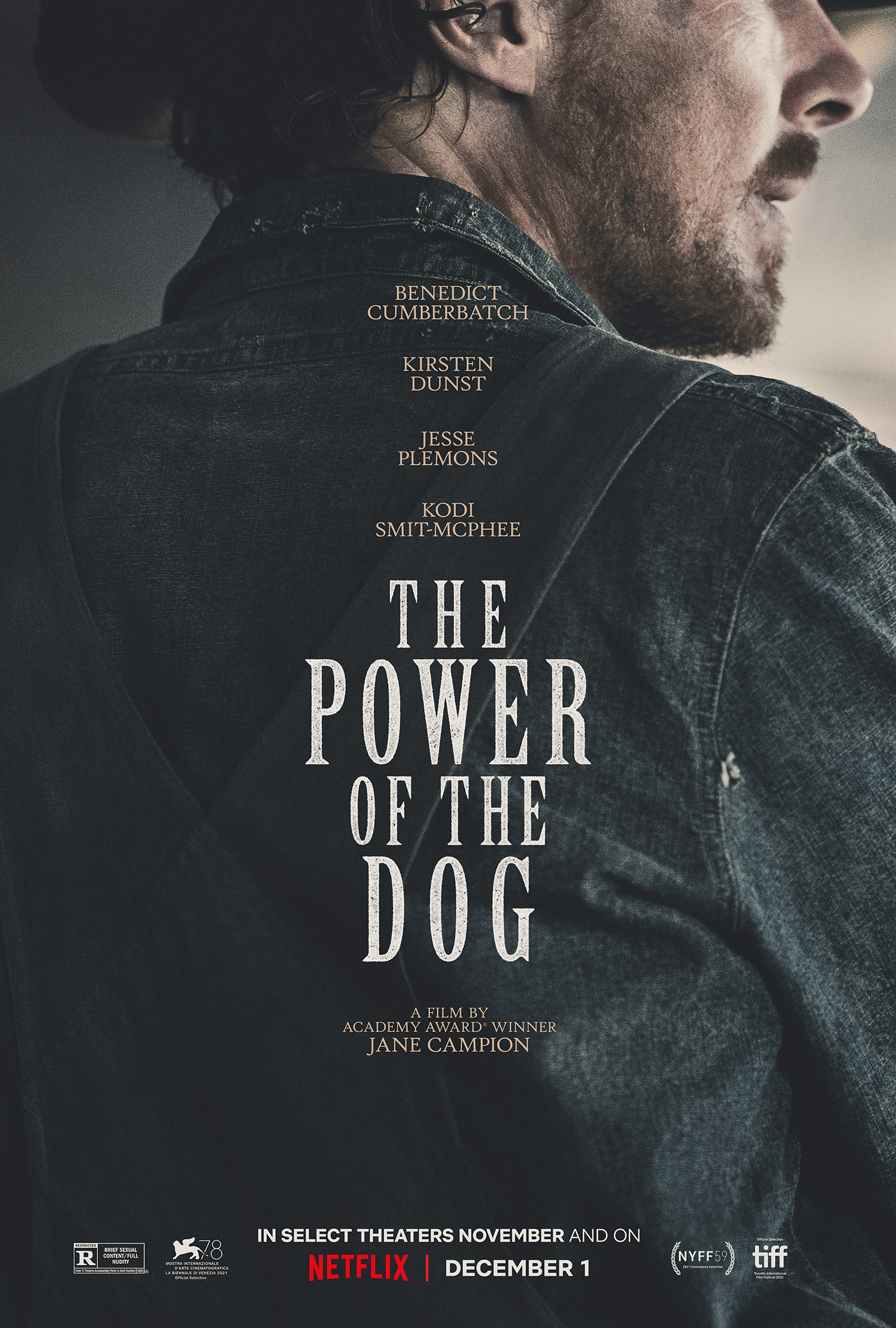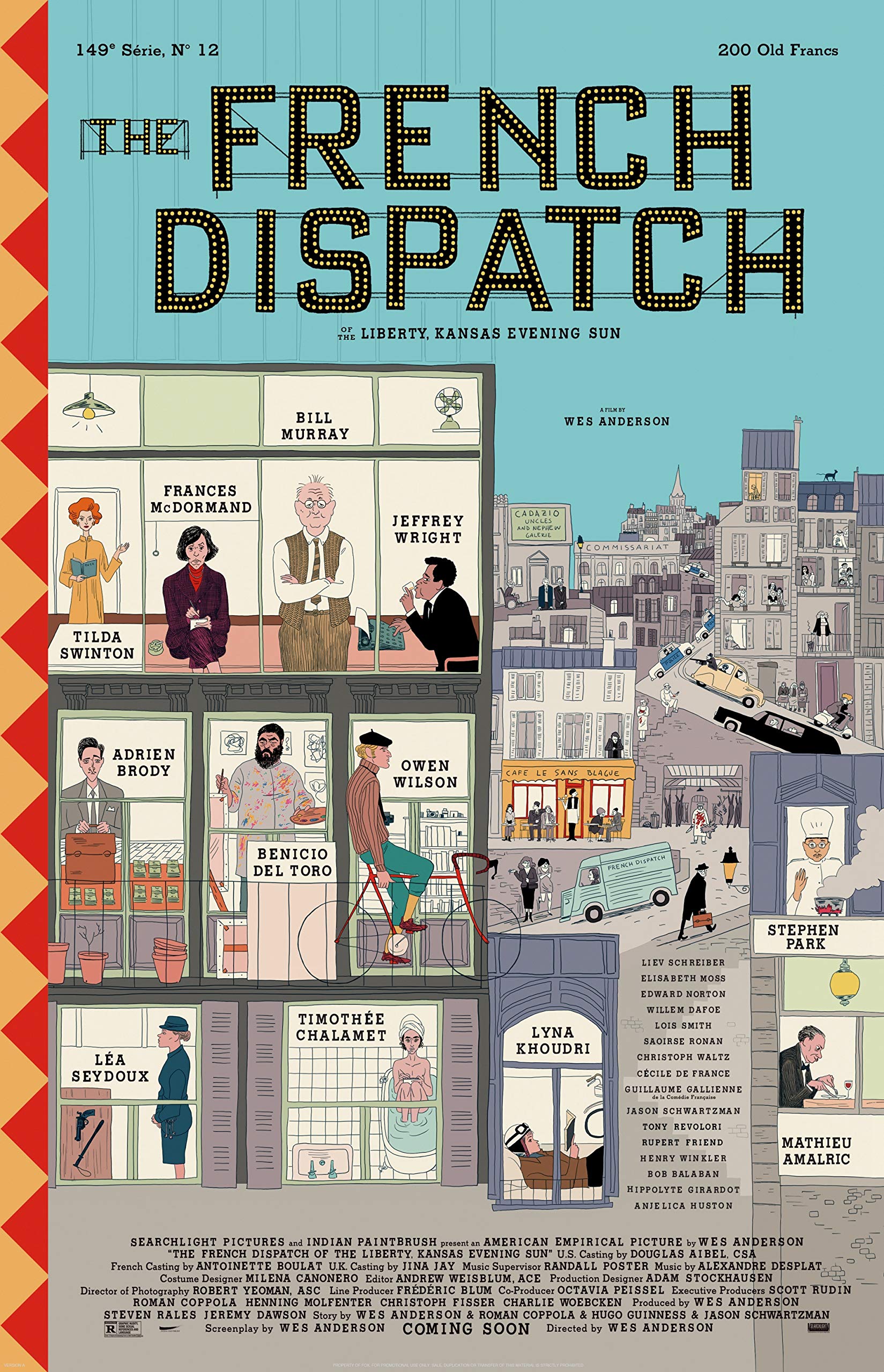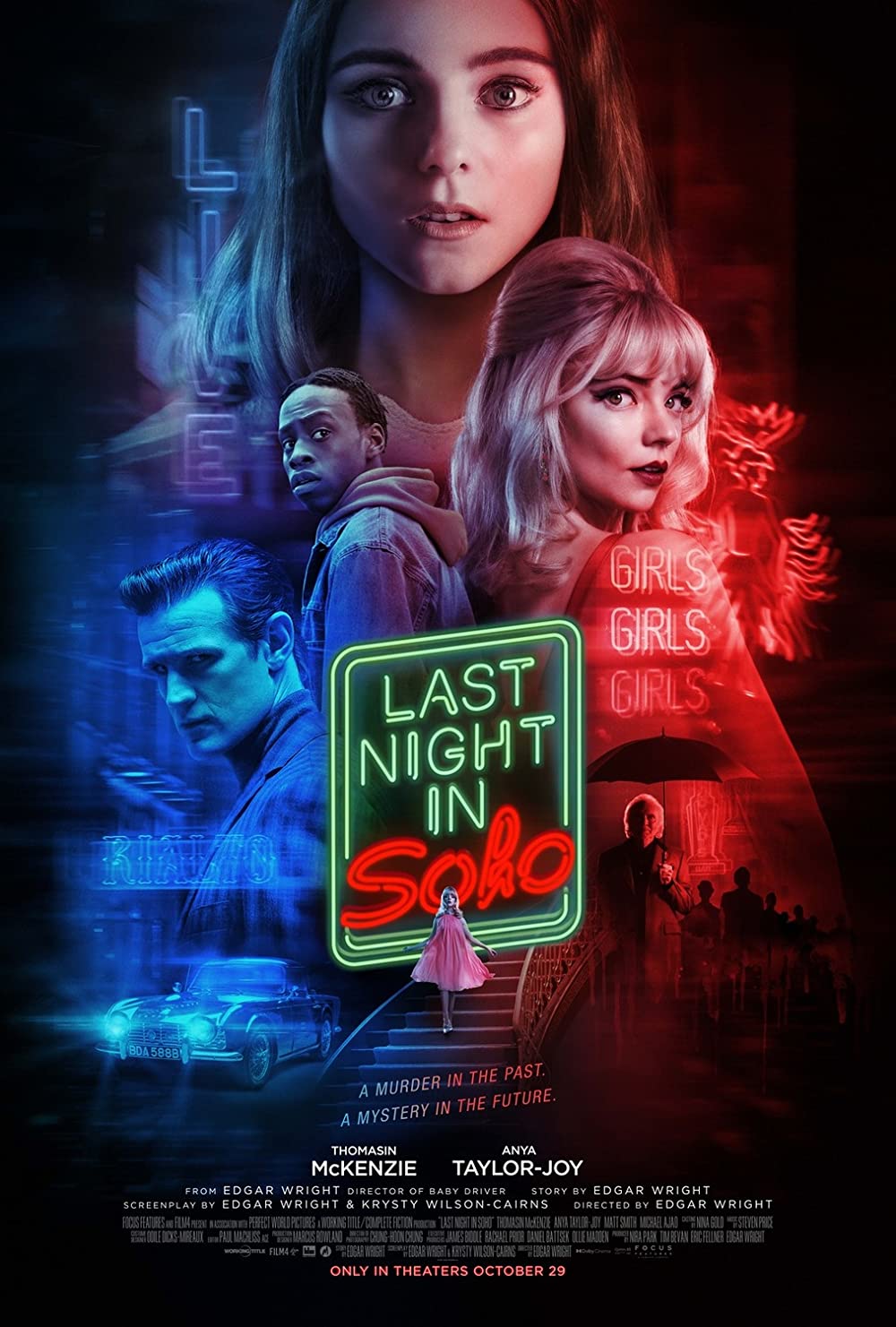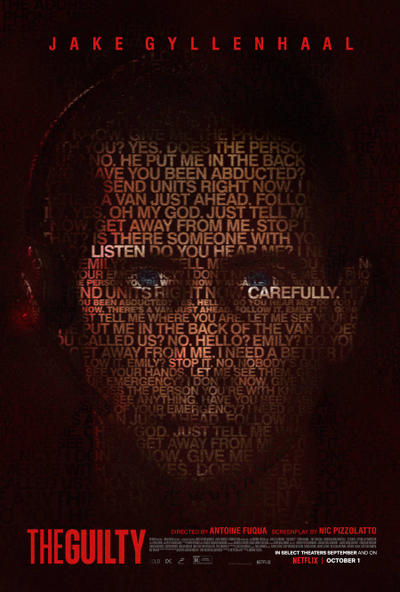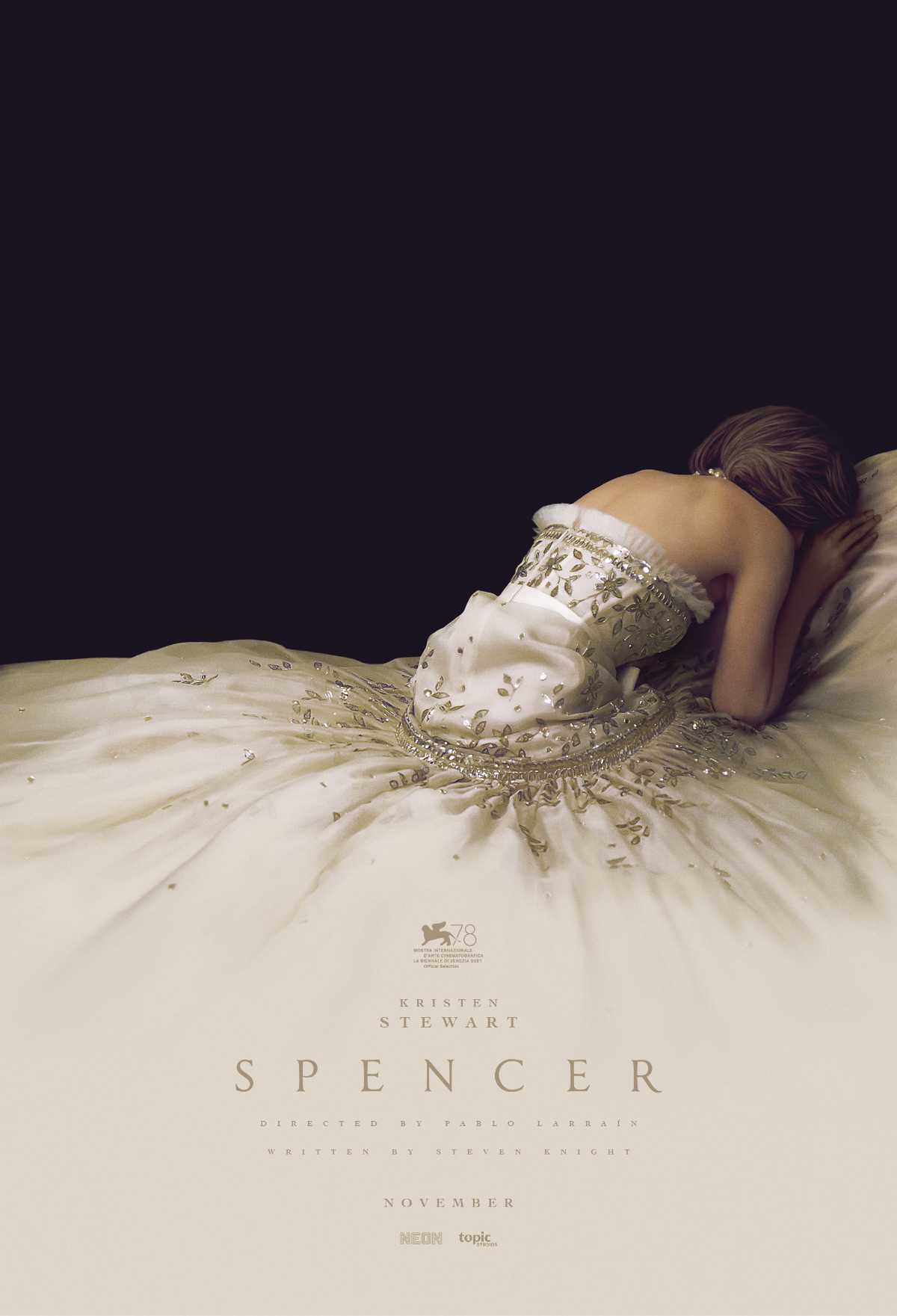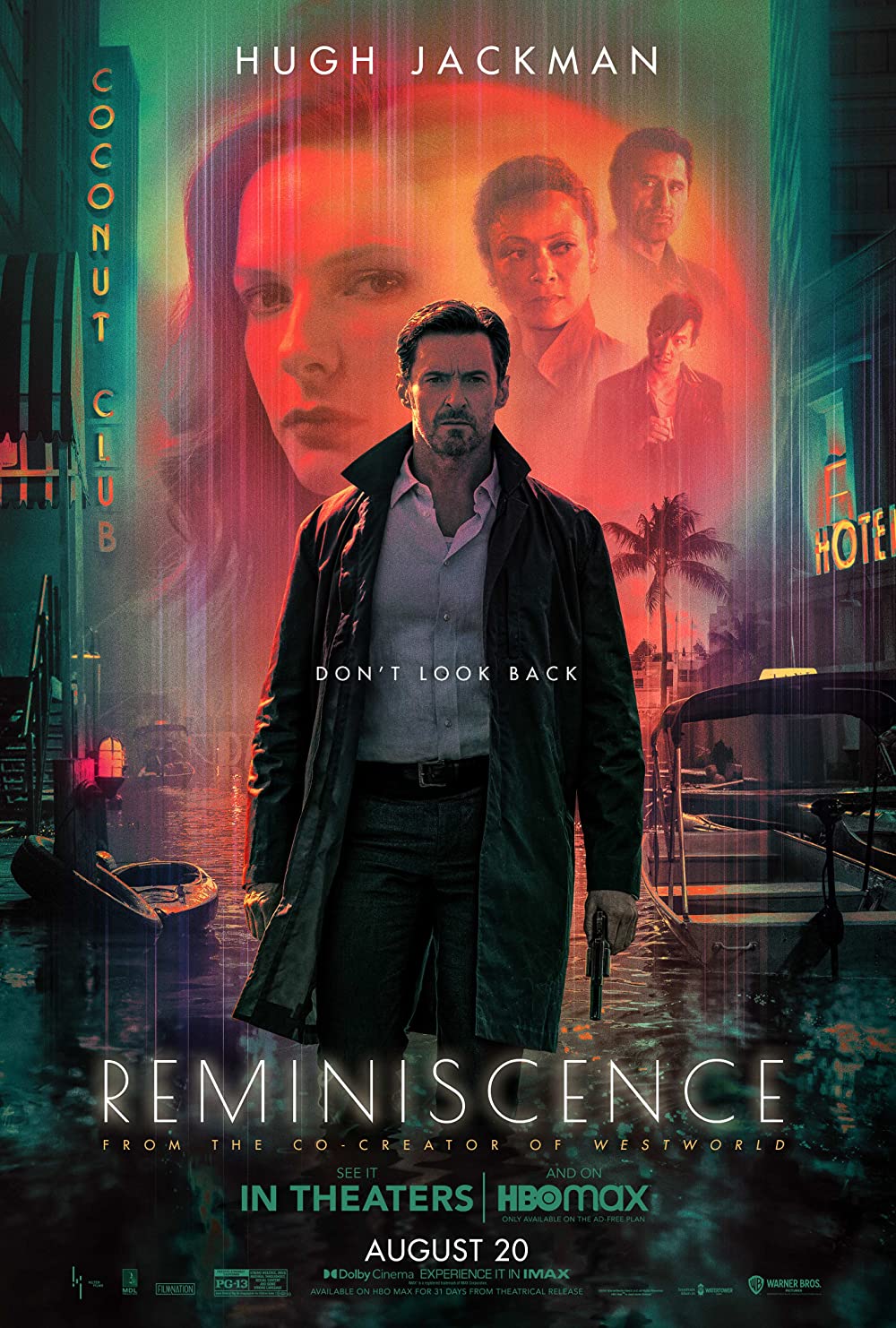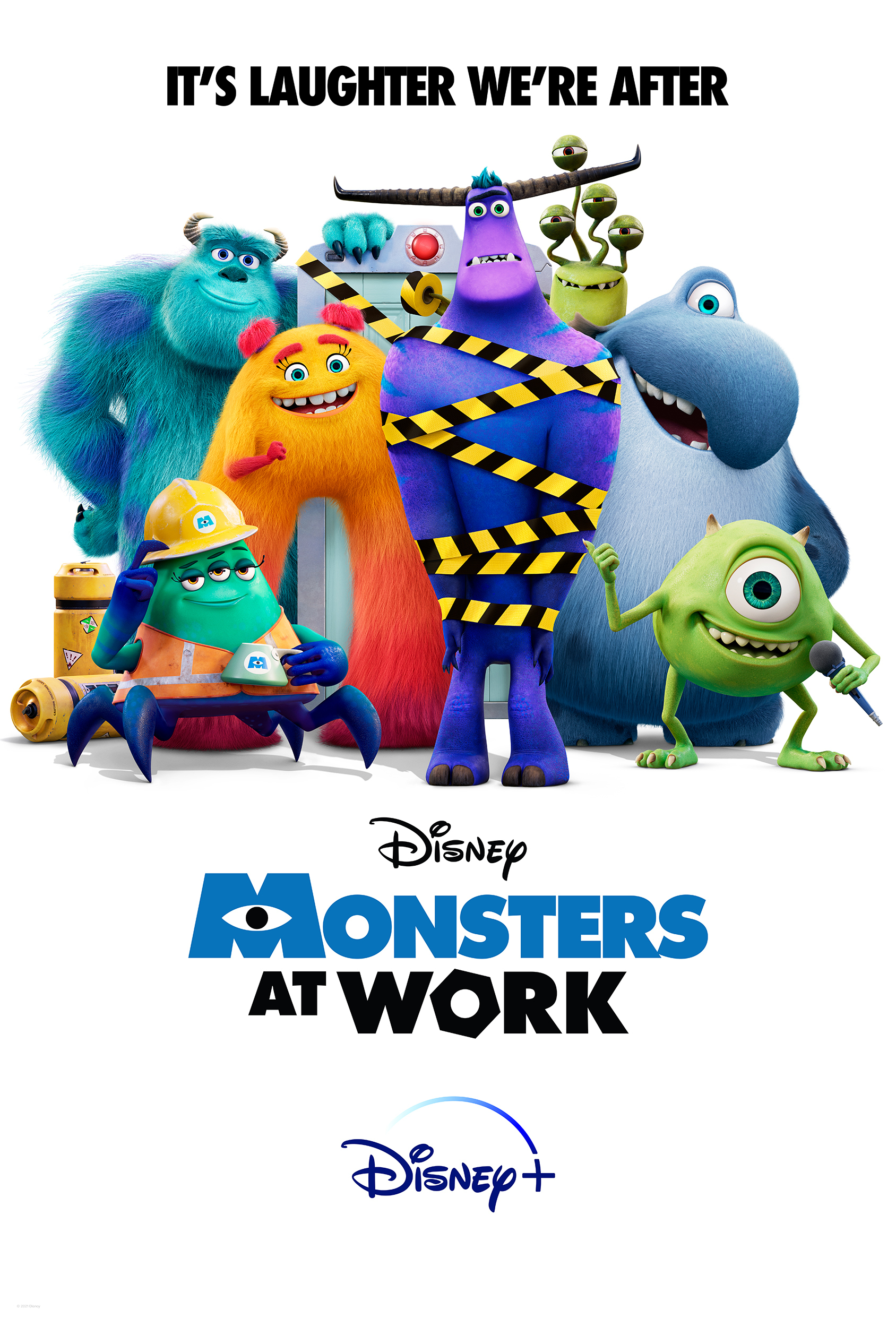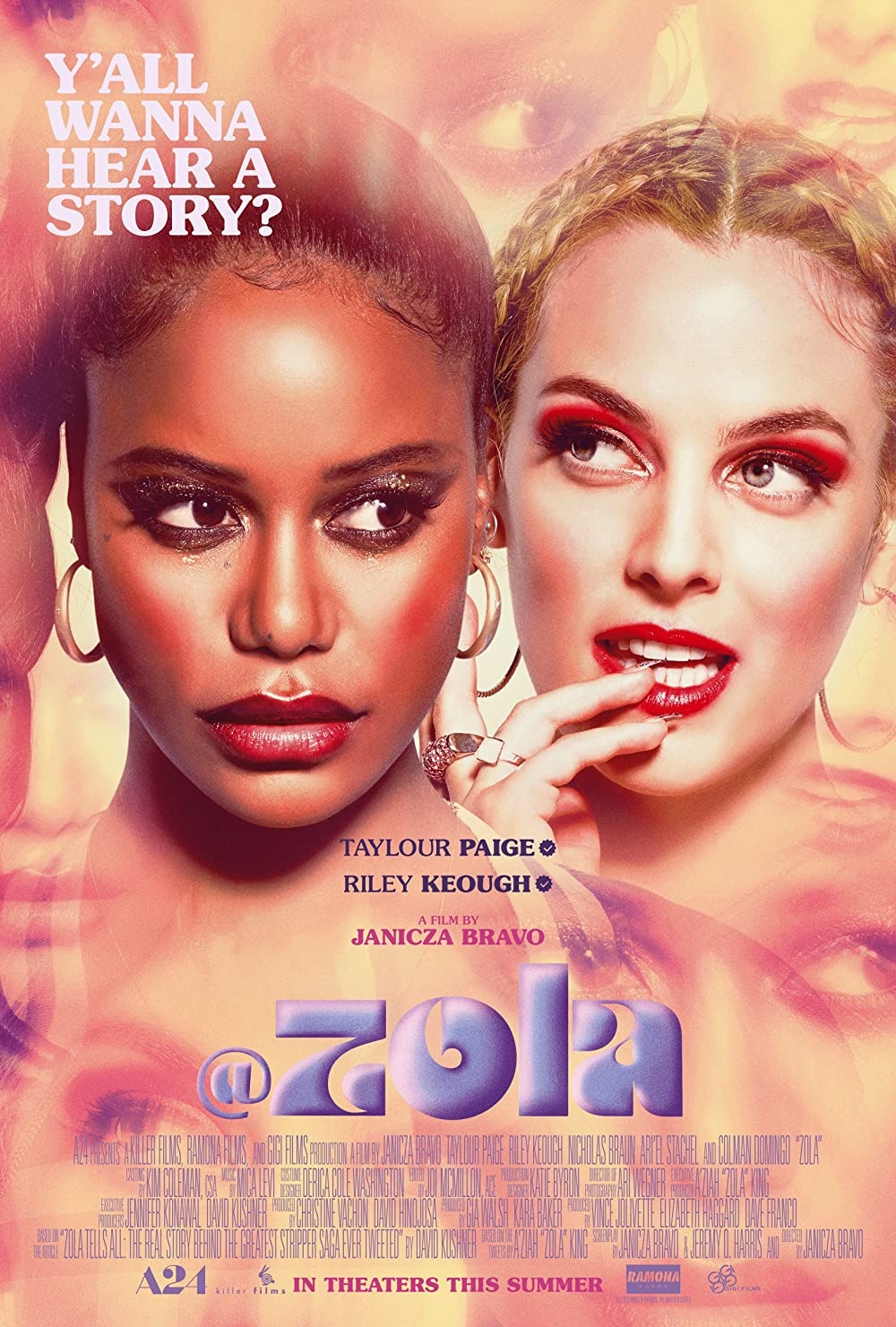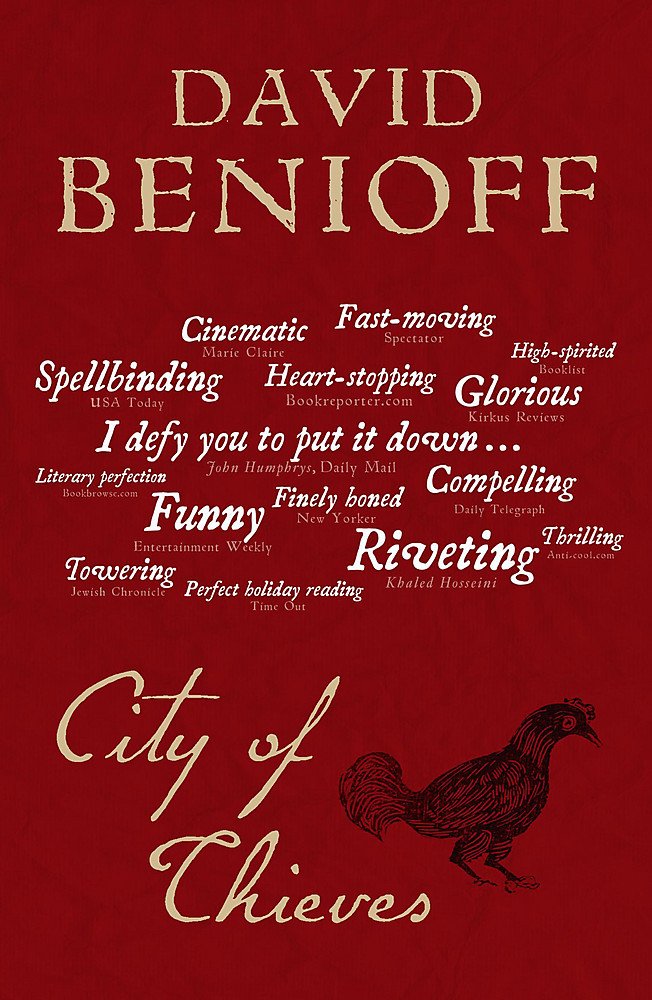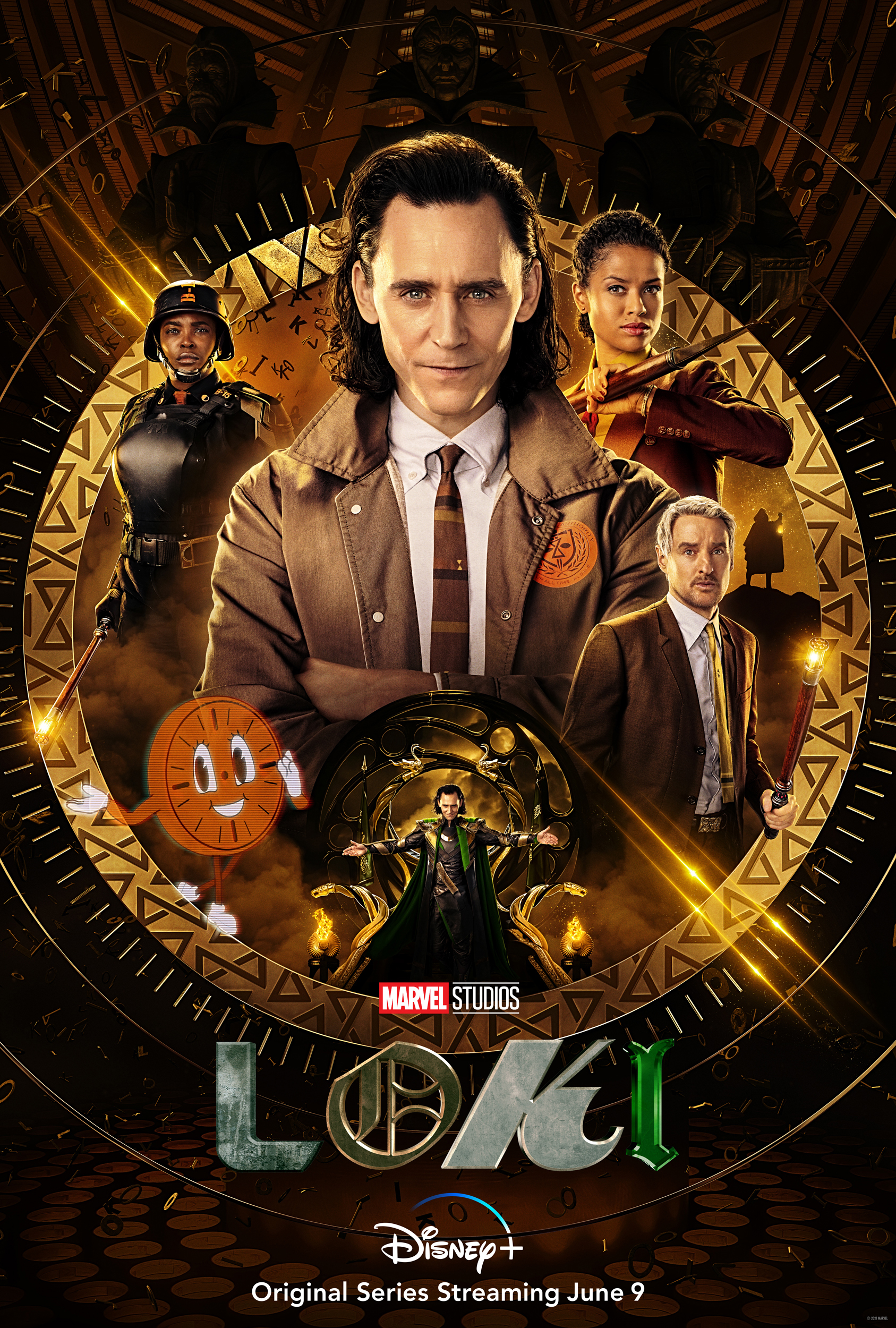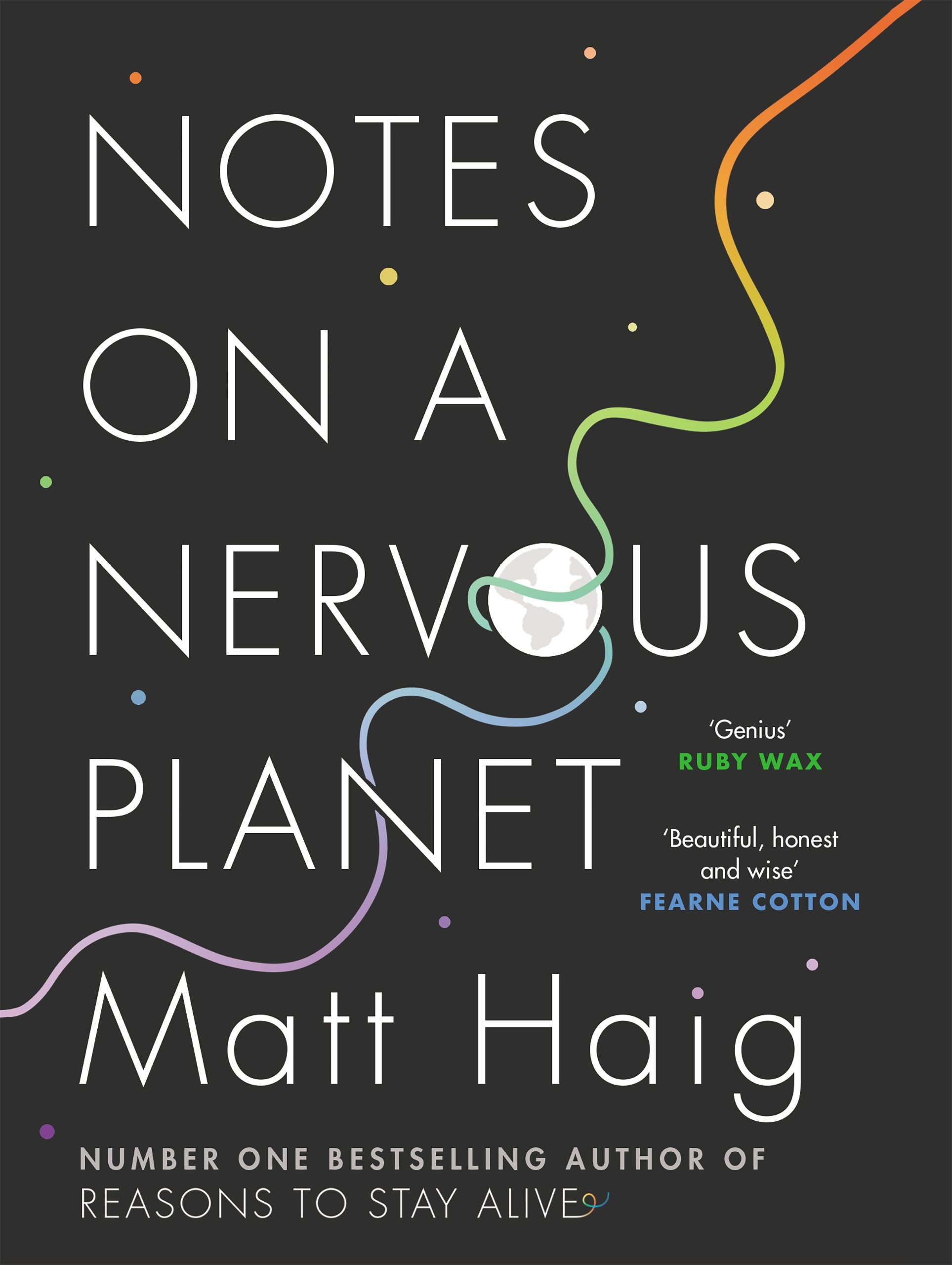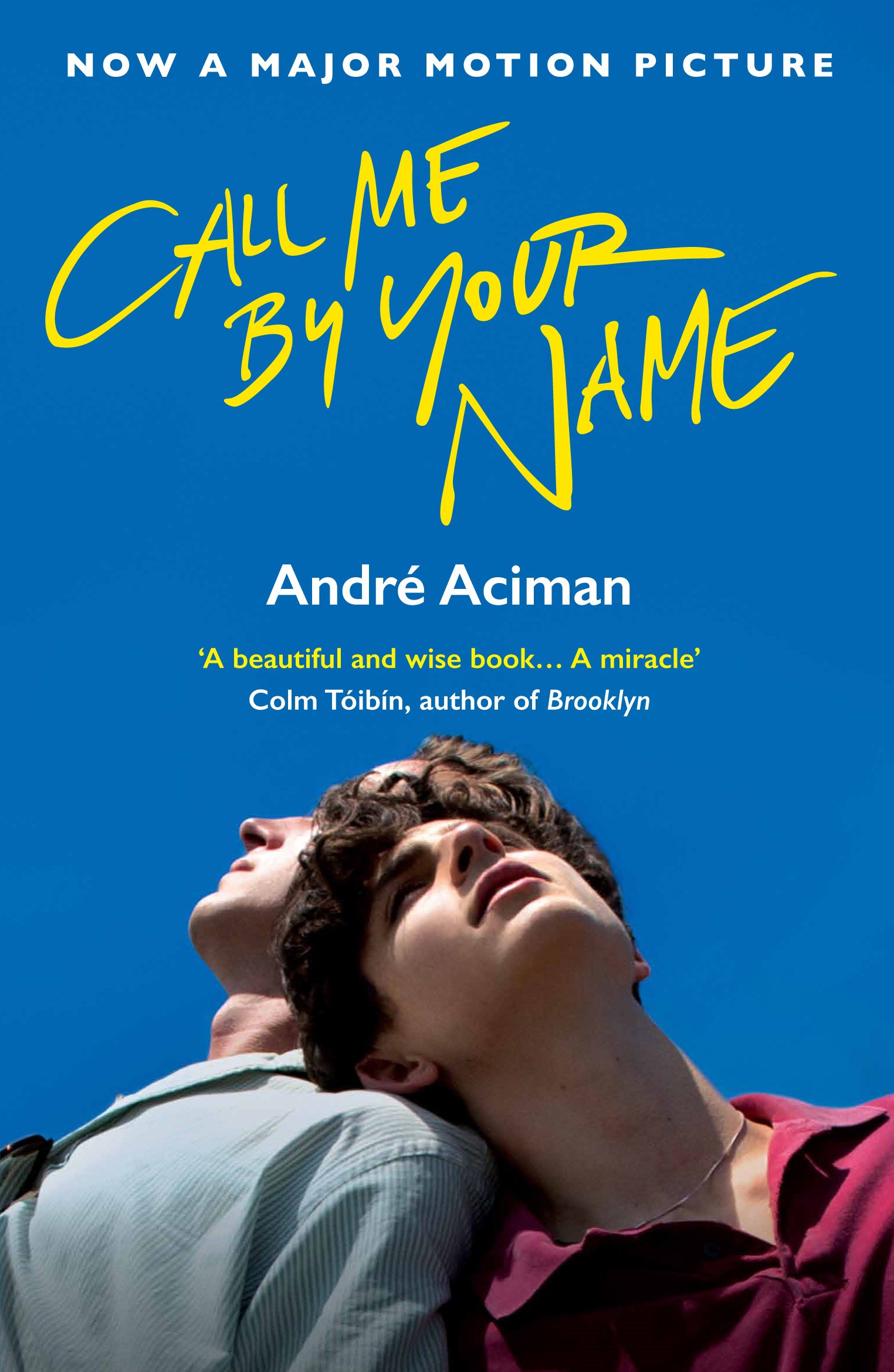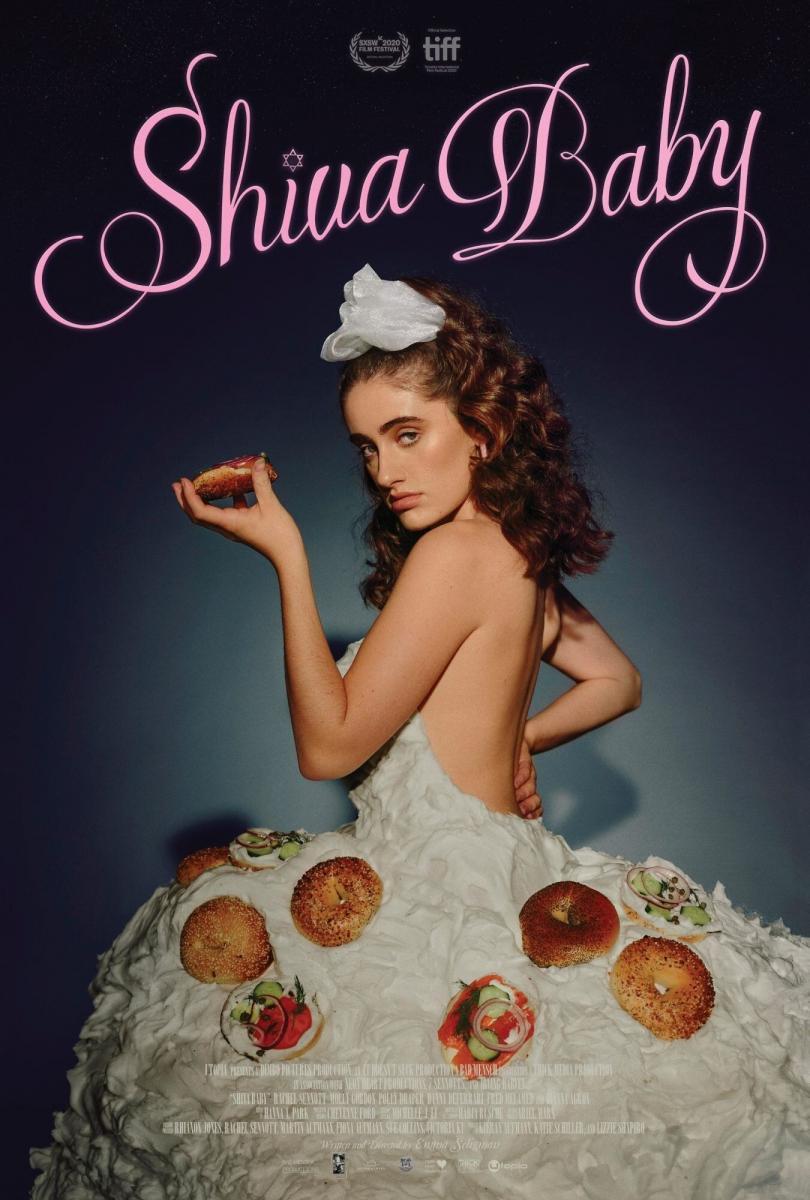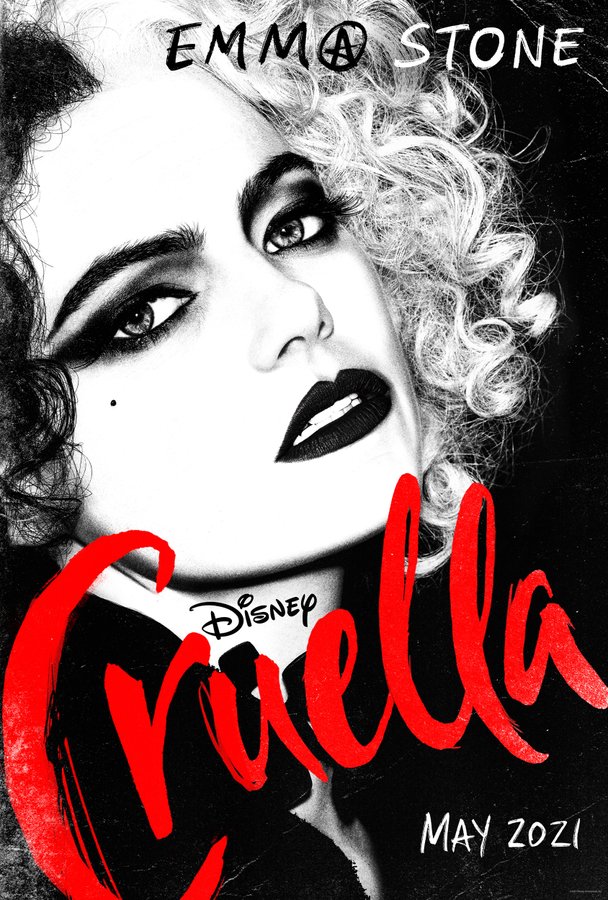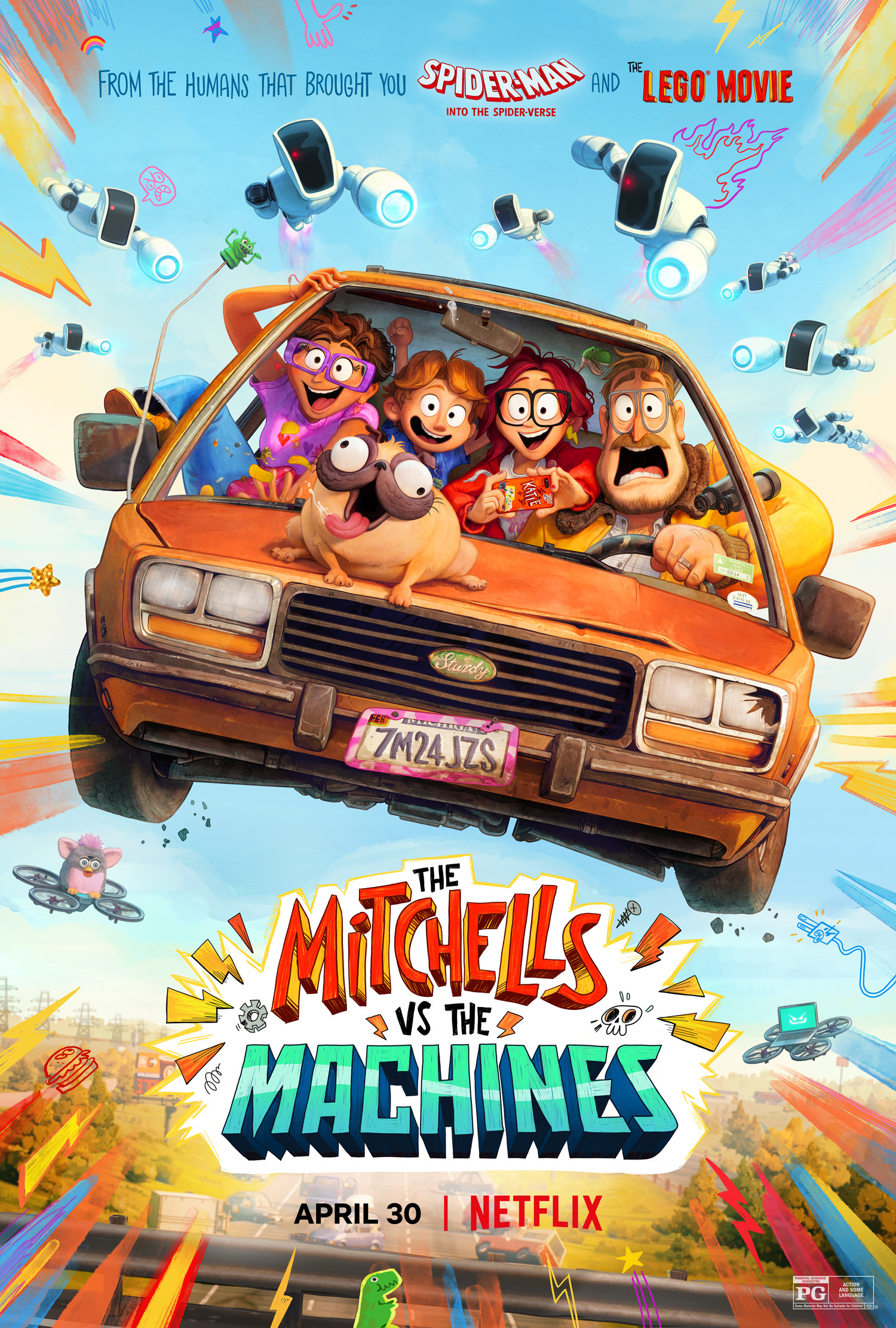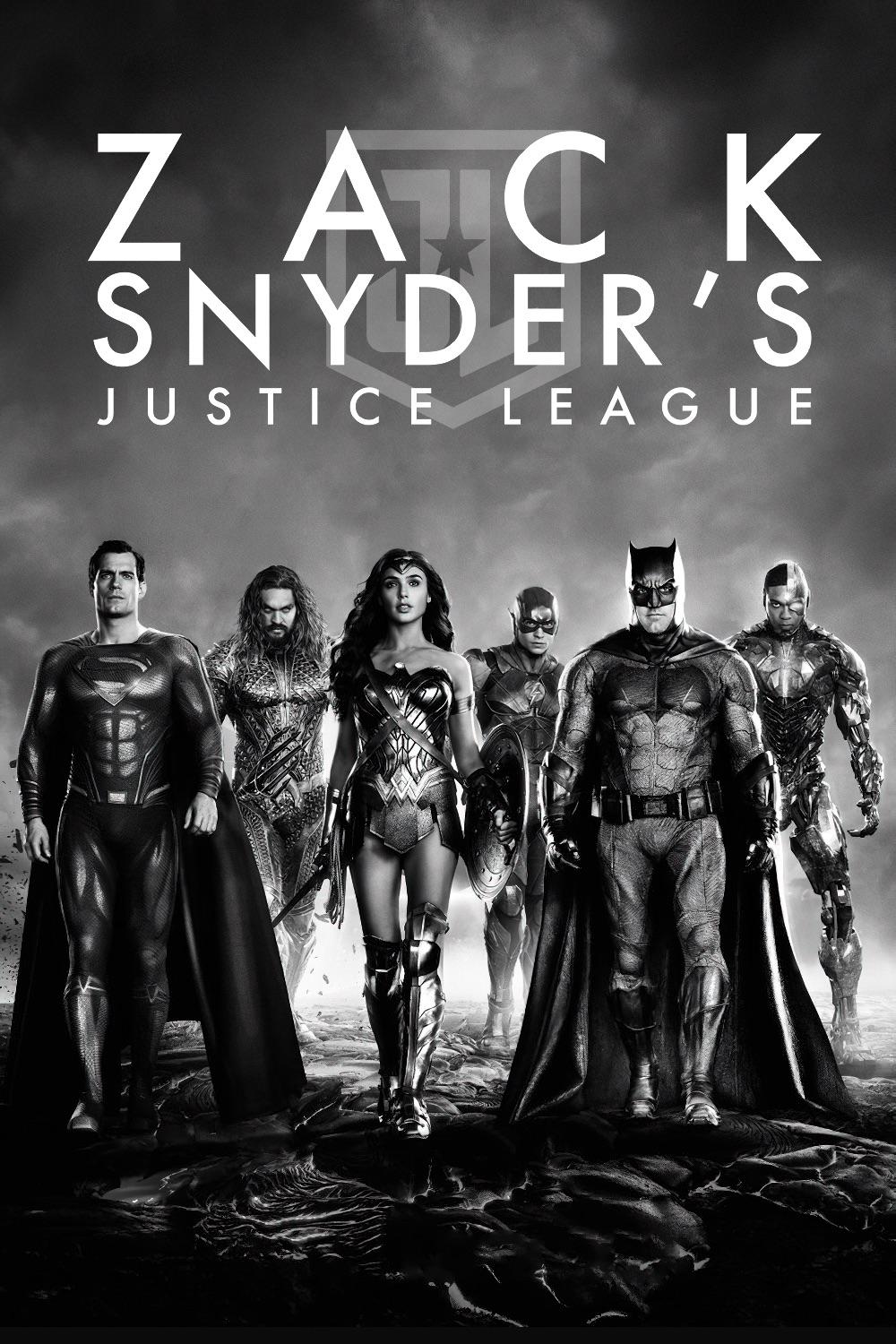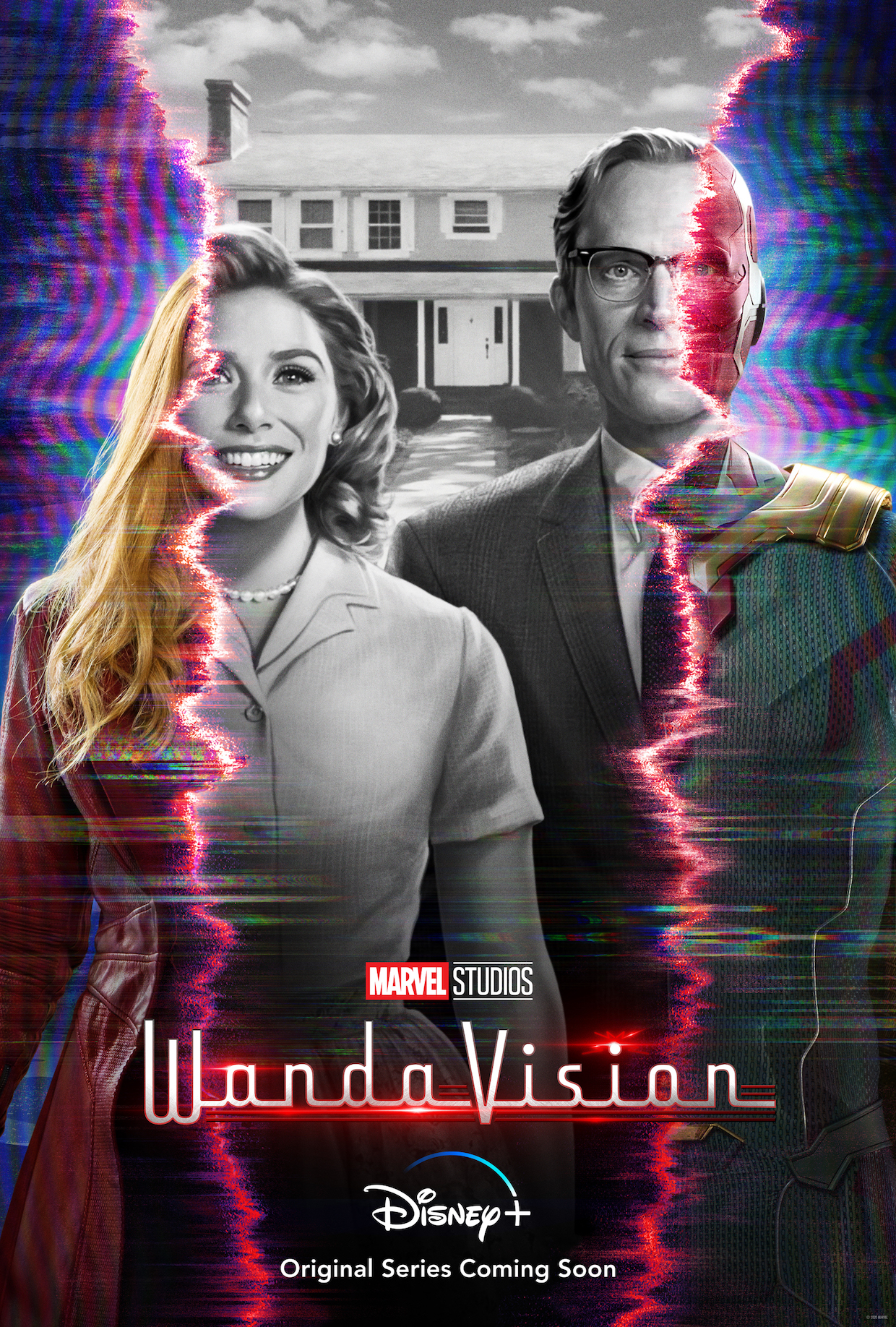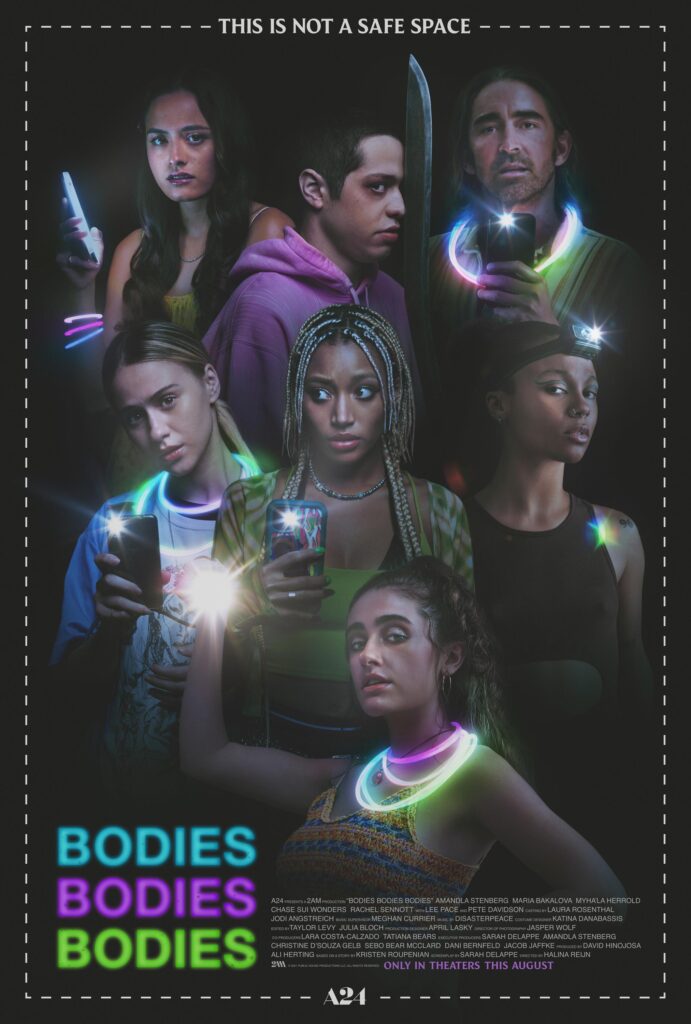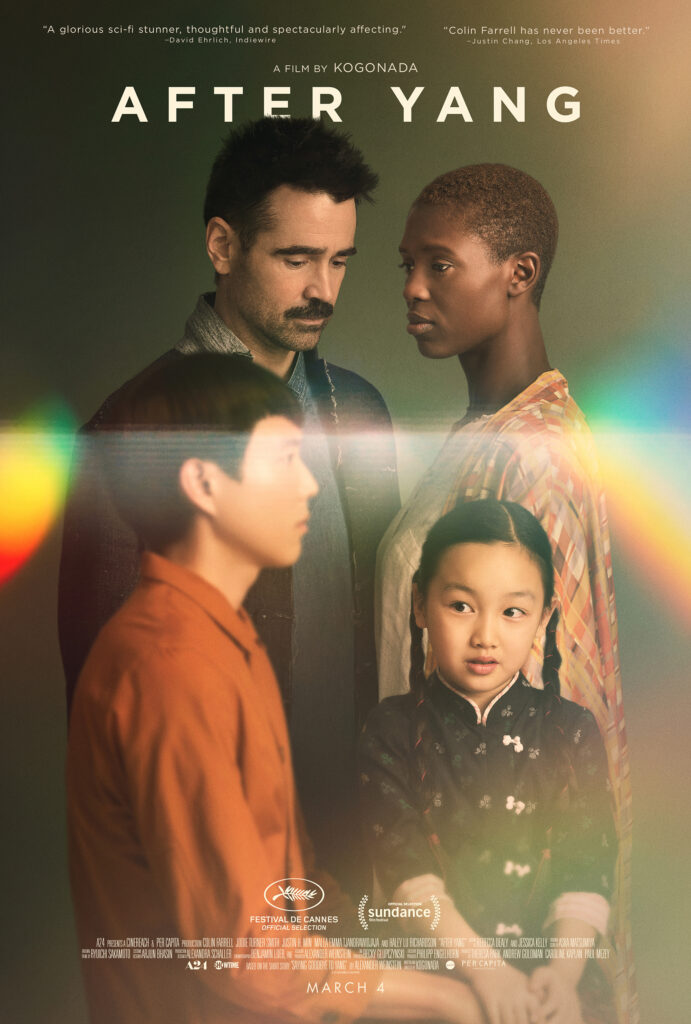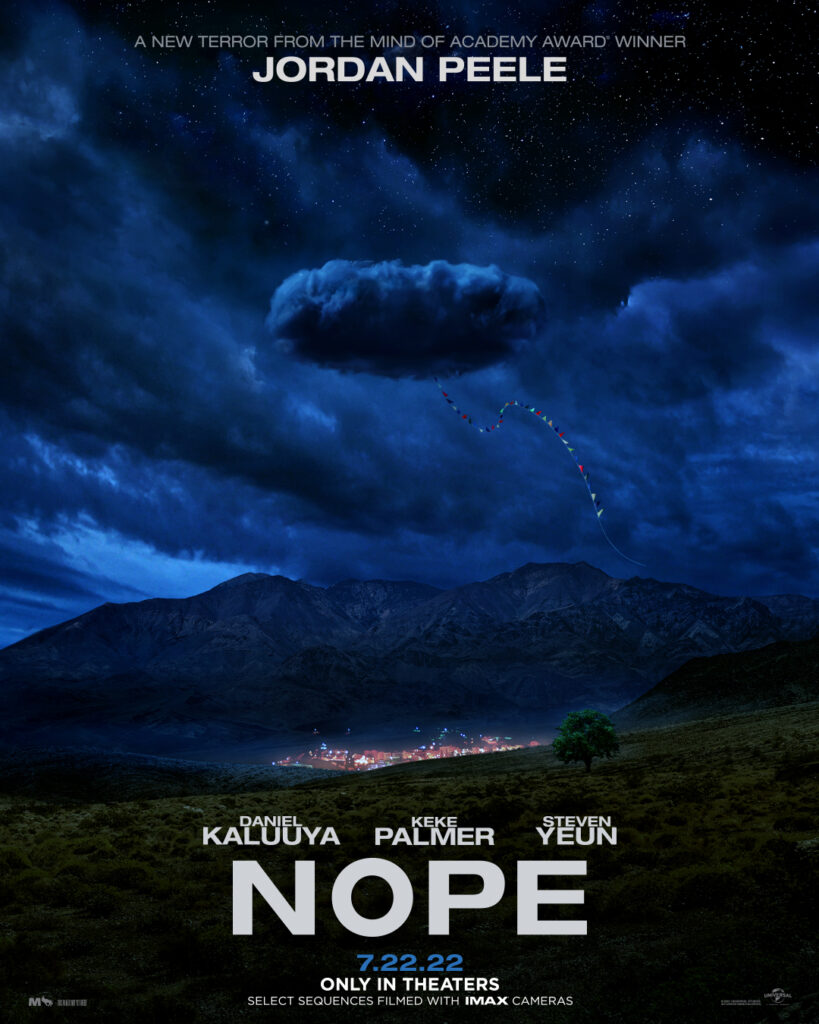If you’ve ever wondering what Adam Driver looked like singing while performing cunnilingus, then have I got the film for you. Annette is strange. There’s no other way of putting it, this is a bizarre film that is definitely not for everyone. There’s a lot to love in here but the film is so dead set on being something you’ve never seen before, which at times is quite delightful and shocking, but ultimately it leads to the film getting a bit lost in the grandeur and the spectacle it’s offering.
The film follows Adam Driver playing a failing comedian and Marion Cotillard playing a famous opera singer. Both actors deliver show stopping performances, but Driver truly shines in the film, delivering one of, if not, the best performance of his career. He plays Henry with such a nuanced anger that is boiling under the surface for an extended period of time until it explodes and we are treated to the evil that was hidden under his character all along. It was disappointing to see Cotillard so under-utilised, despite her performance being so magnetic and elegant. Also I was shocked to see Leonard from The Big Bang Theory (Simon Helberg) in the film and delivering a standout performance, his character while not in the film a lot made a powerful impact that I’m sad we didn’t get to see more of him.

The visuals of the film are also truly stunning. The cinematography by Caroline Champetier is just stunning, accompanied by some beautifully utilised lighting. The use of colour in the film is something else, the film is often saturated in either green, red, or yellow with each colour taking on different meanings throughout. Green often accompanies Driver’s character that highlights the inherent greed that’s within him and ultimately consumes him. Red can be found in scenes with Cotillard, in what she wears and in her hair, it symbolises blood and that can also be seen as a strong motif with Ann, but also love. I take this to be a juxtaposition of such that’s ironic as she is killed at the hands of her lover. Yellow is the most interesting colour in the film and is used subtly to highlight Henry’s possessive nature over the people and thing’s he cares about. Most notably, as their relationship begins to fail, we see Ann dressed in yellow which indicates that it’s no longer a relationship of equals but Henry has internalised this toxic behaviour and is taking it out on his wife.
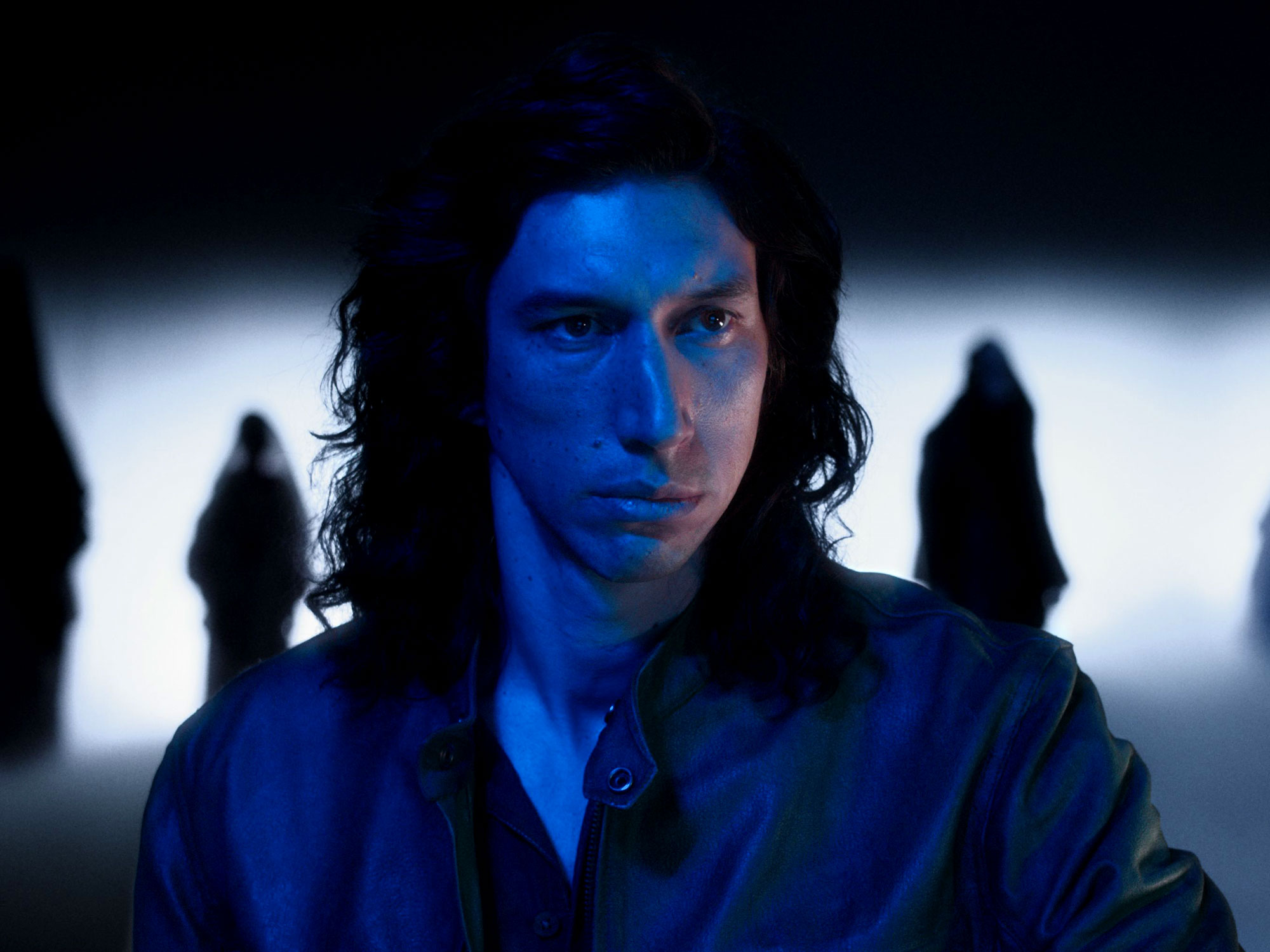
The music at times is great but it doesn’t ever really live up to the opening number which has more of a gravity to it. The songs throughout seem to just come and go as they please, and while this creates a continuous musical which in itself is impressive, there’s no real standout songs. Thematically the film is fascinating – on a surface level. The first half being A Star is Born-esque with a failing and rising artist and how their relationship evolves as their fame does then a second half that focuses more on the exploration of children for fame and money. The film to some extent explores these themes but it doesn’t really have a lot to say about them in the end. The way the film decides to end evokes the idea that what you’ve just watched is instead a character study, but Carax fails to build any real emotional attachment to the characters throughout that it falls flat. The film has less of an impact due to its simplistic plot and opting for more lavish and creative stylings that surround it.

The film has some jarring editing in places that honestly didn’t need to be there, it didn’t enhance or elevate anything on screen and for the most part the film evokes this feeling a lot of the time; like a basic story that’s wrapped in an arthouse aesthetic to make it more meaningful than it is. That brings me to the puppet. The daughter of Henry and Ann is played by a puppet in the film until the final sequence. It’s then that the metaphor becomes clear and suddenly sequences that played out prior become clearer. Ann joyously dancing with her as she sees her as a thing to play with, to cherish, to love. While Henry holds her delicately, with a grace as he stares at her, at this object he holds in his hand. This furthering the idea of exploiting his daughter for his own greed and the objectification of her. And while this symbolism is powerful and thoughtful, the film doesn’t really play out like this. There were numerous times in the cinema that my audience (and myself) didn’t know whether or not to laugh, the scenes that were playing out were so absurd it was hard to take seriously. I think this is where Carax ultimately loses the power of the film, its tone. There’s no real consistency to it, it’s absurd but is it asking the audience to take the absurdity and accept it or to be shocked.
★★★1/2

